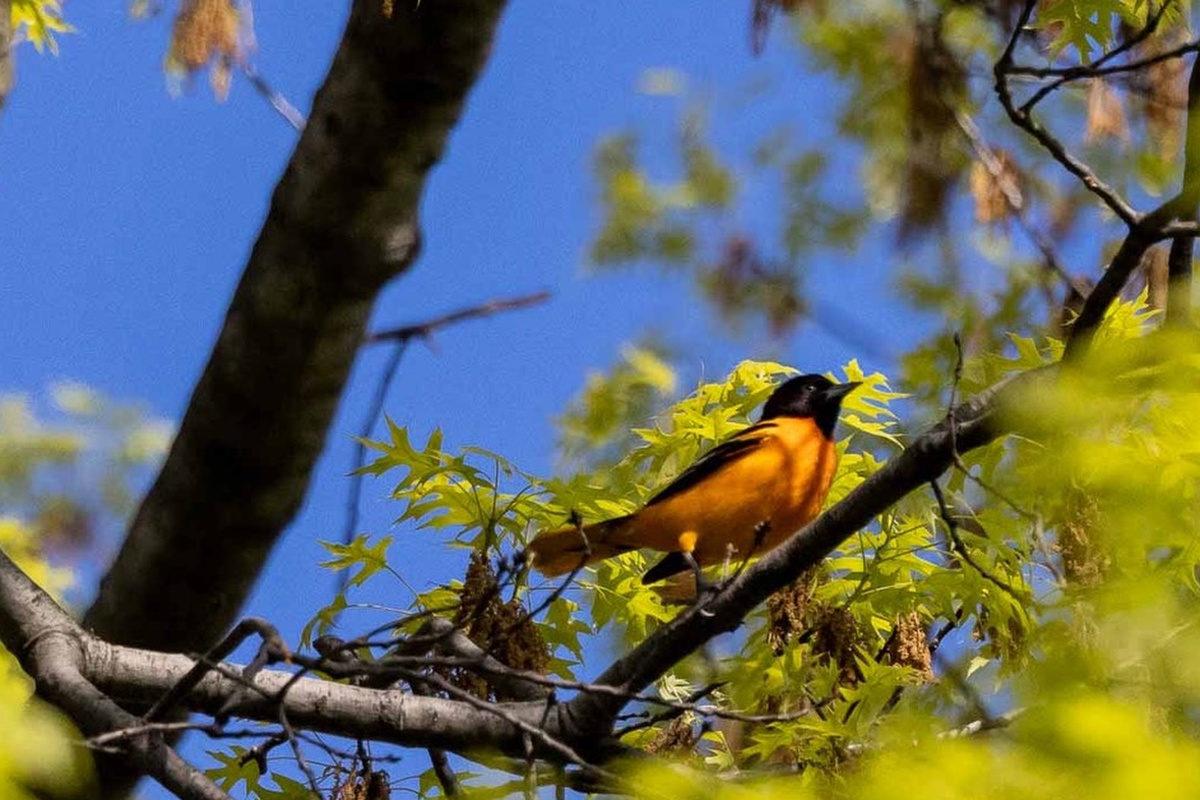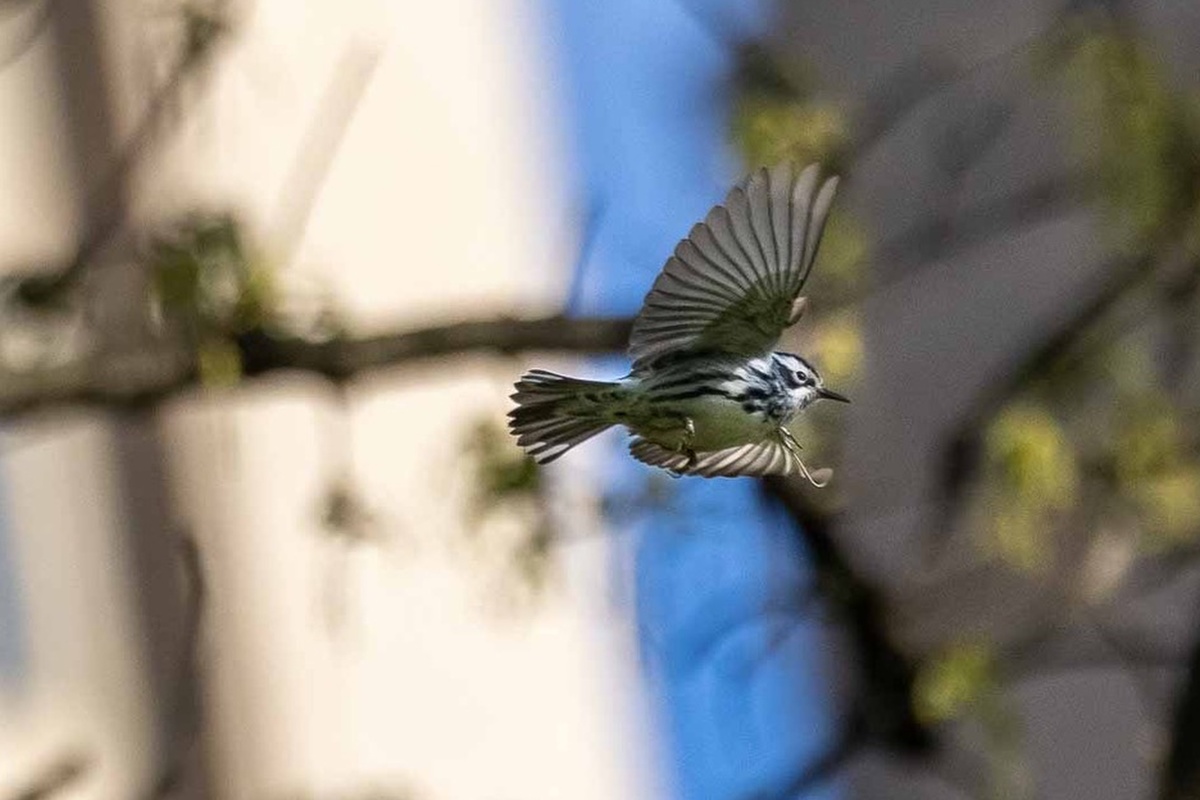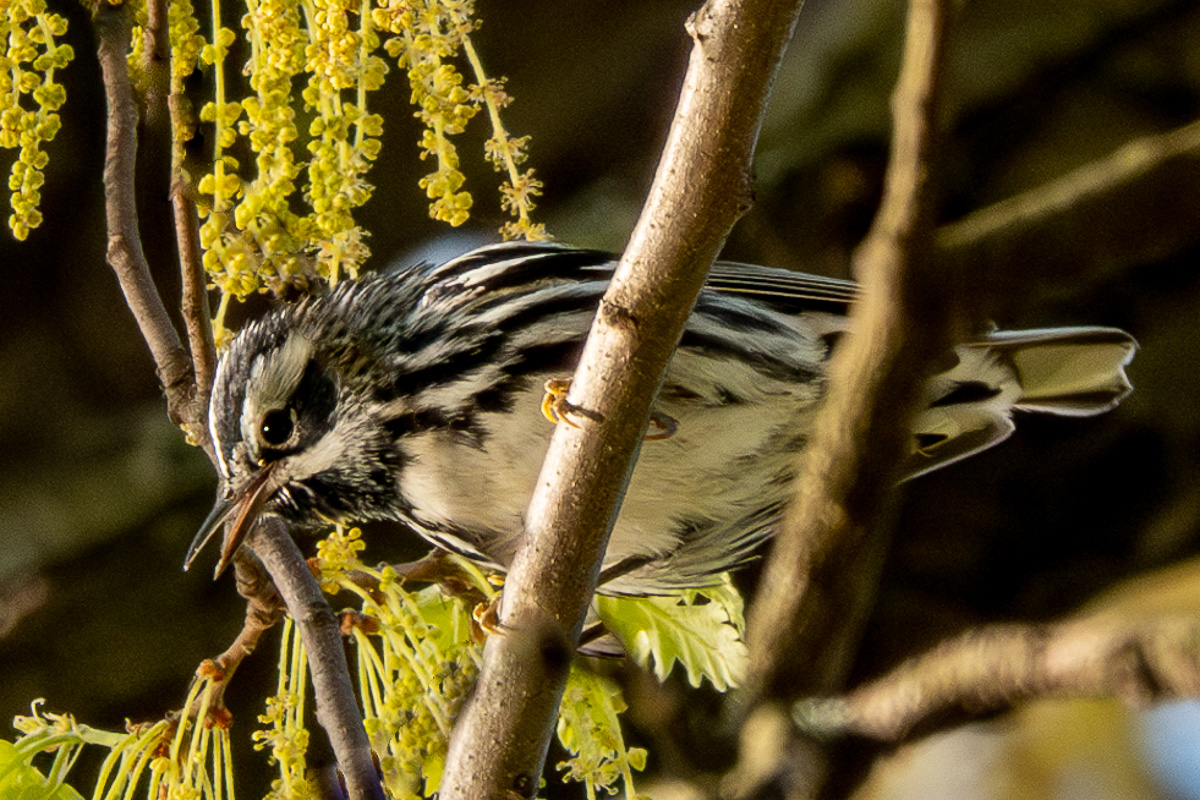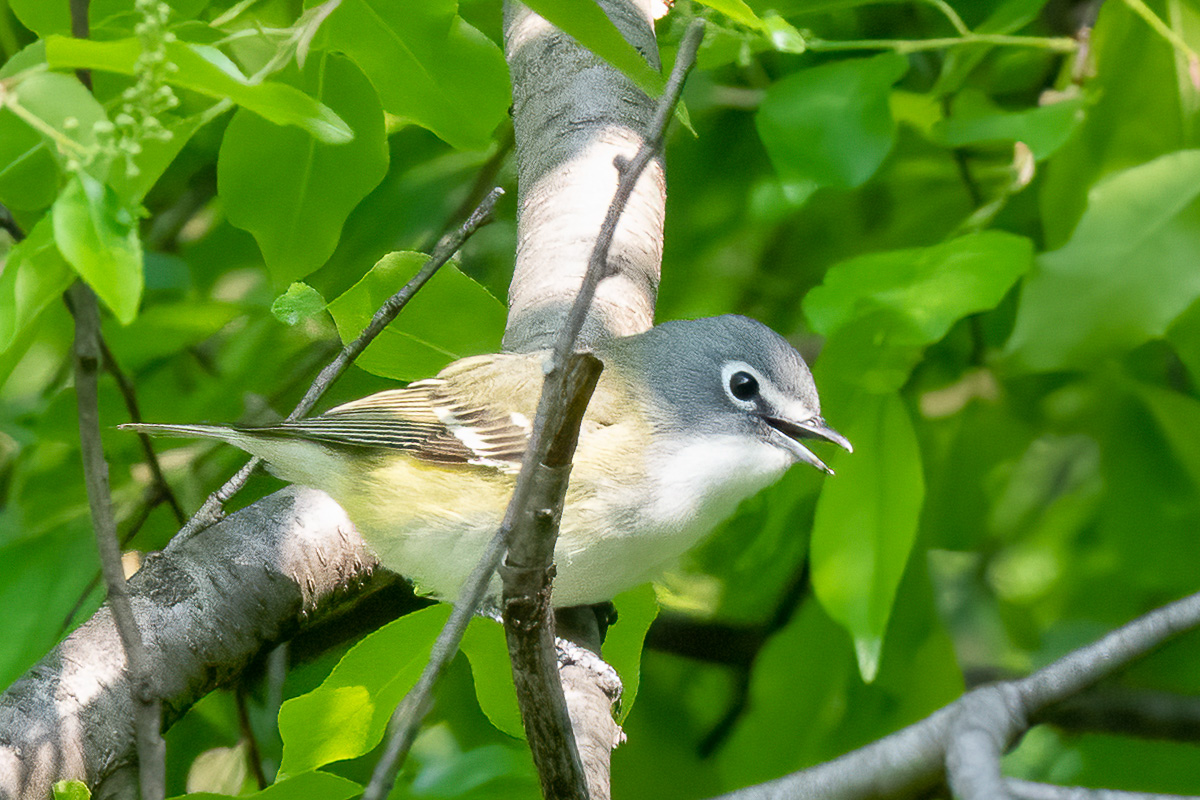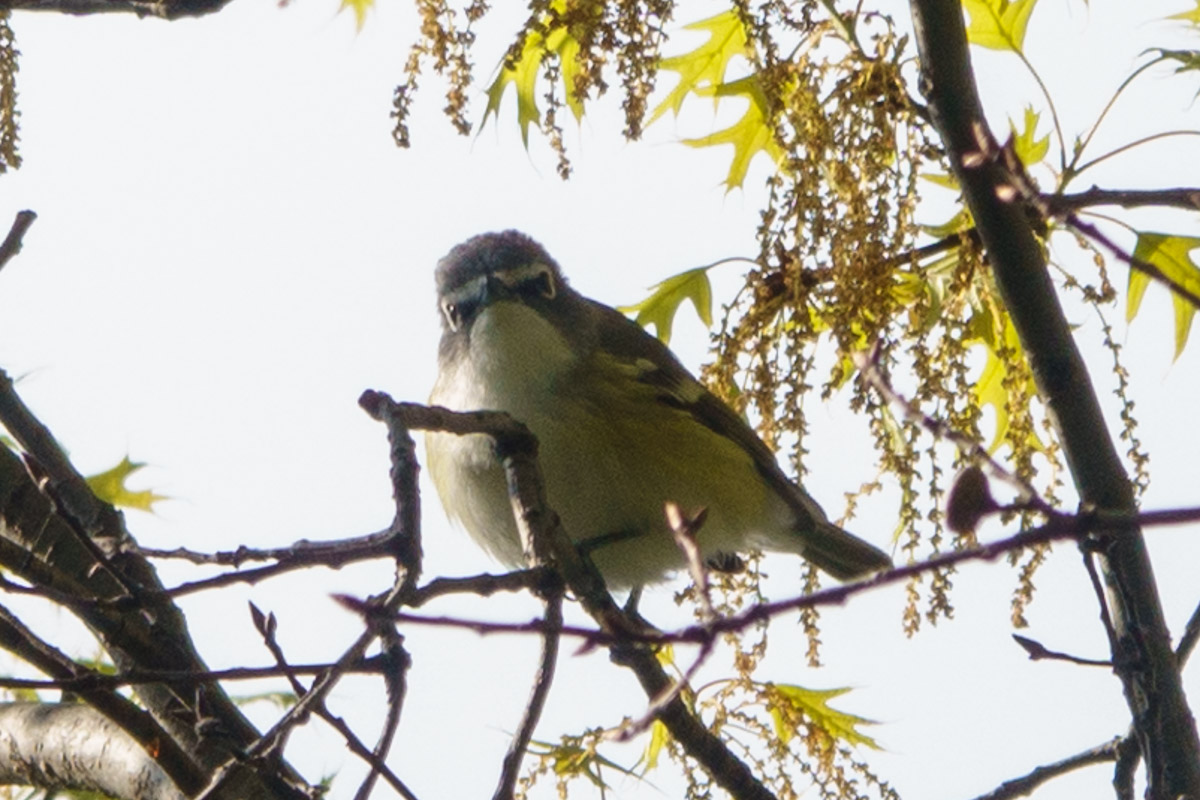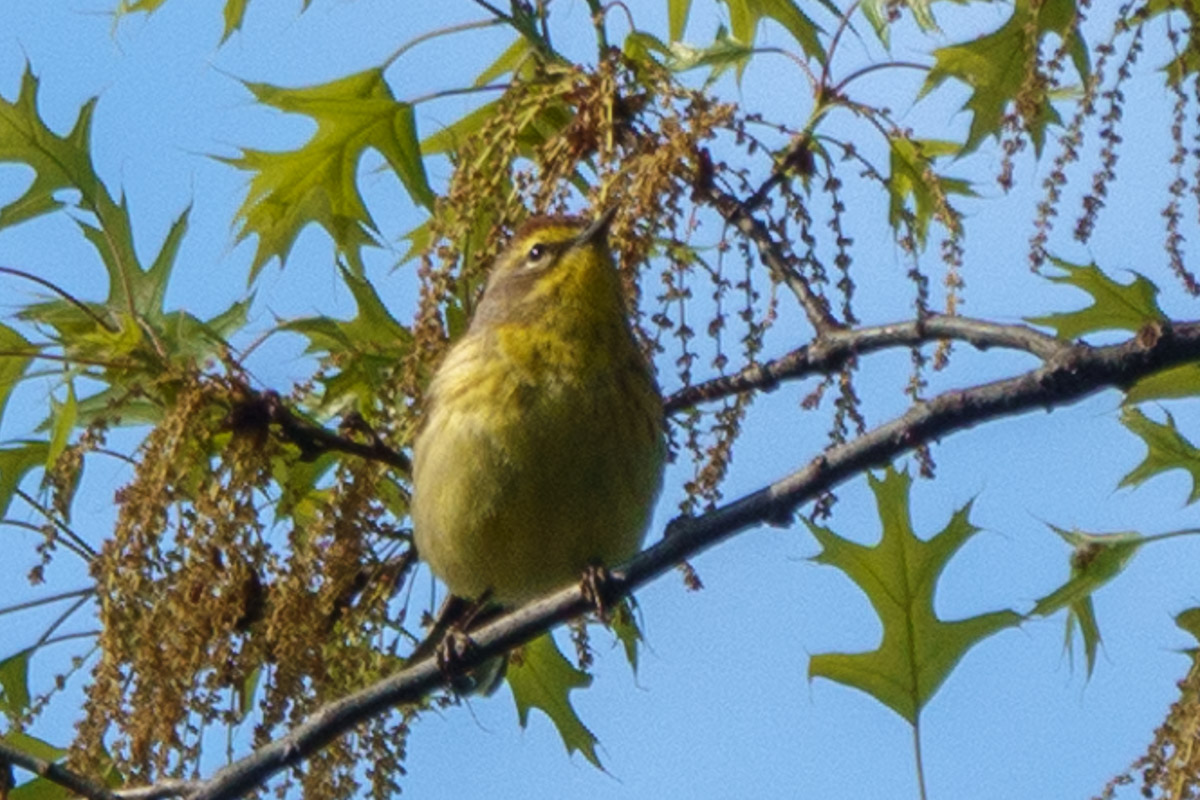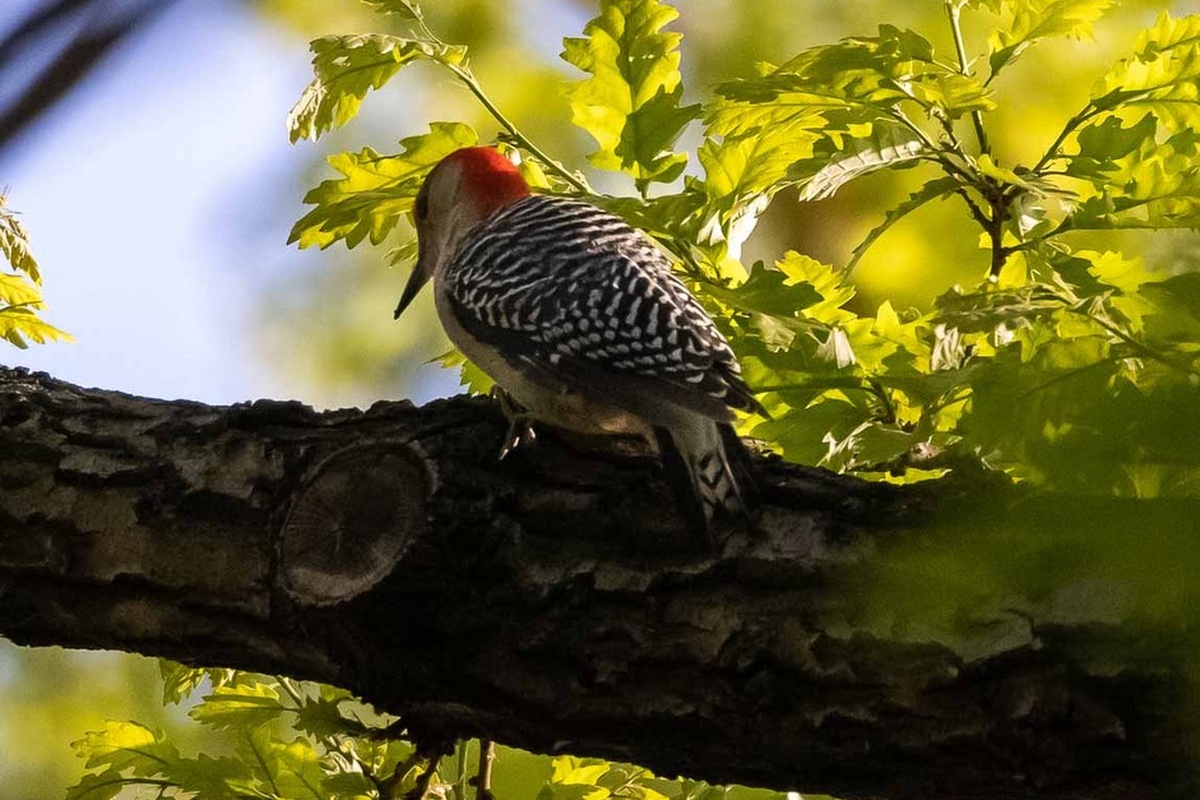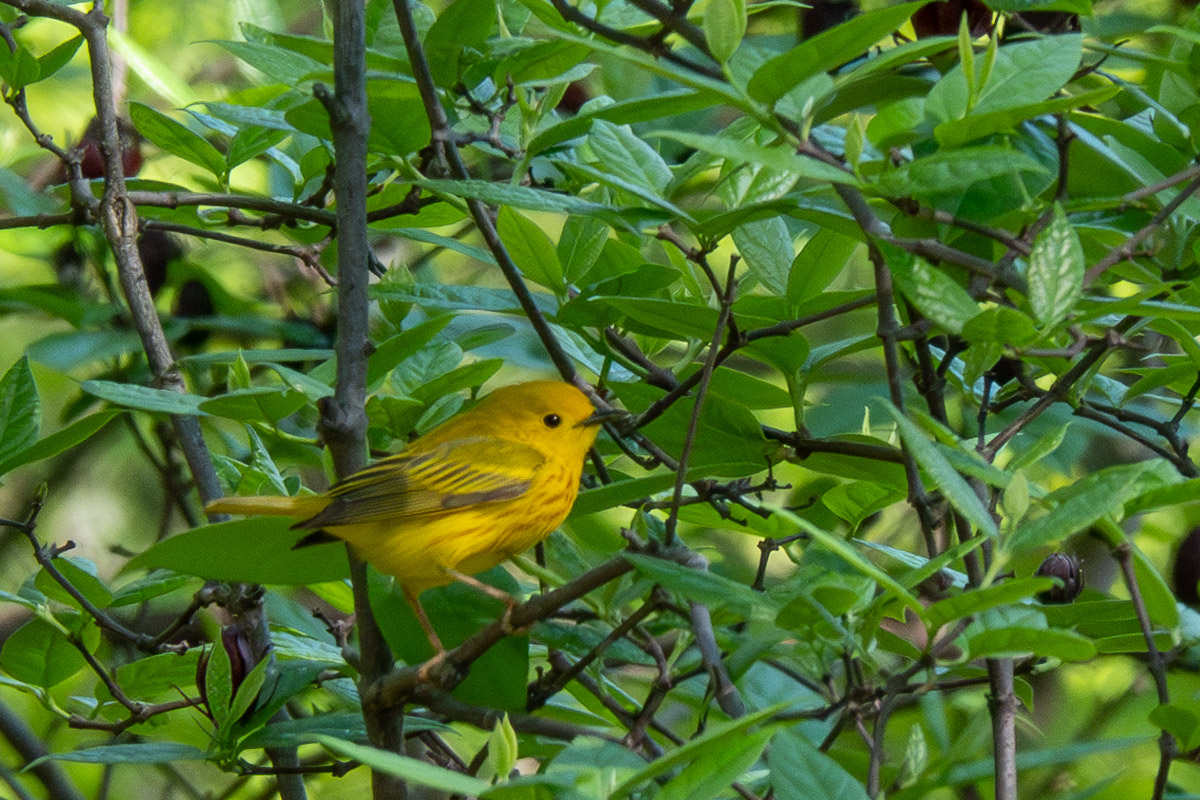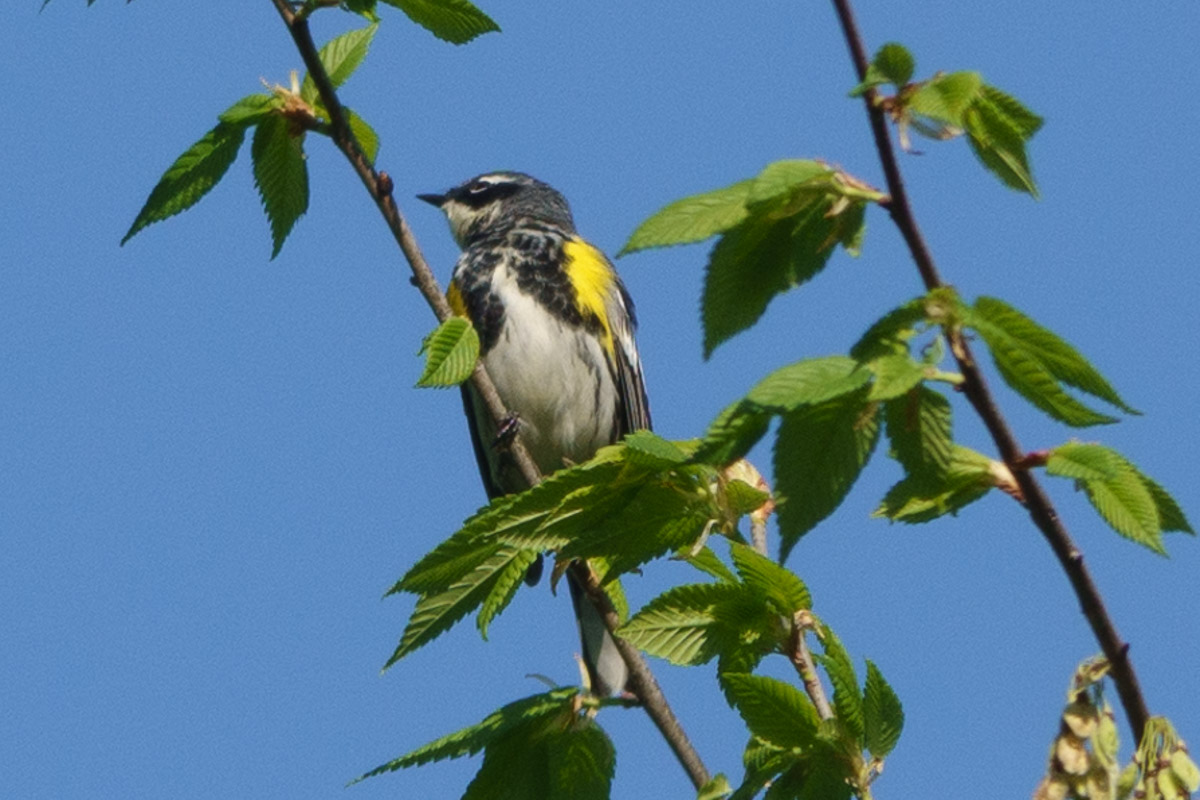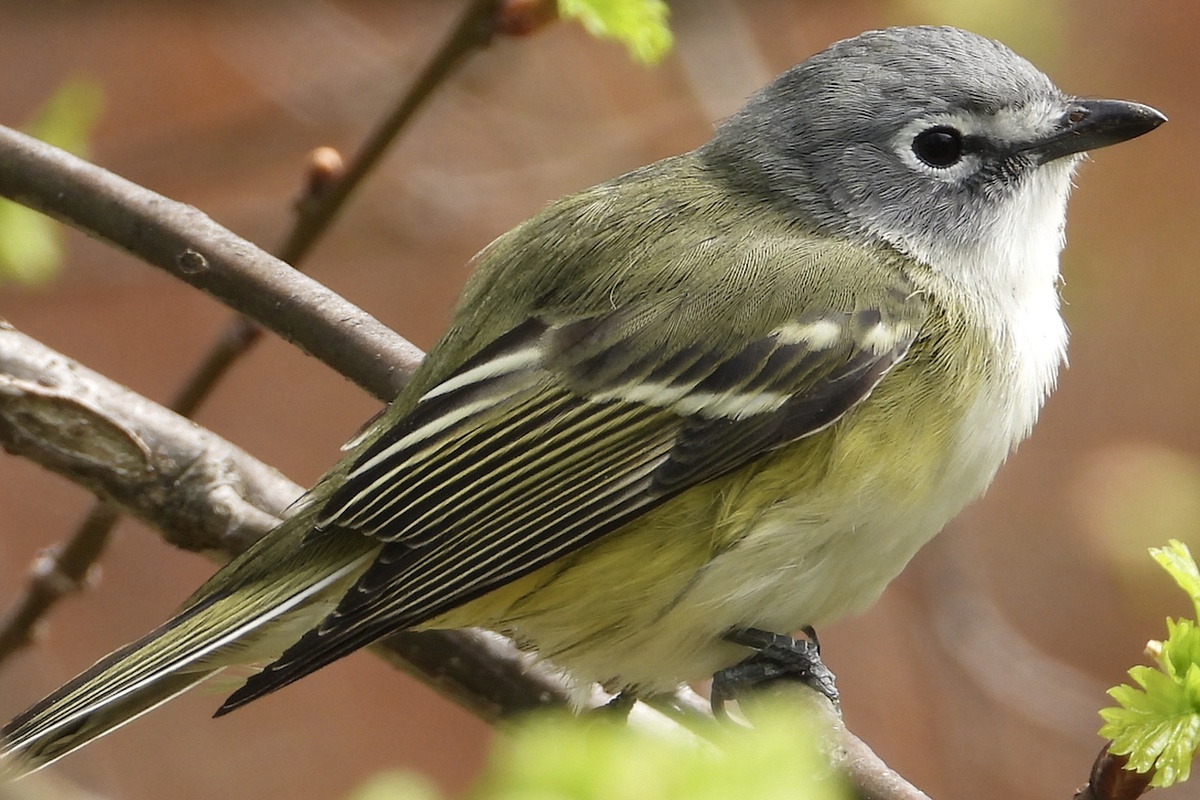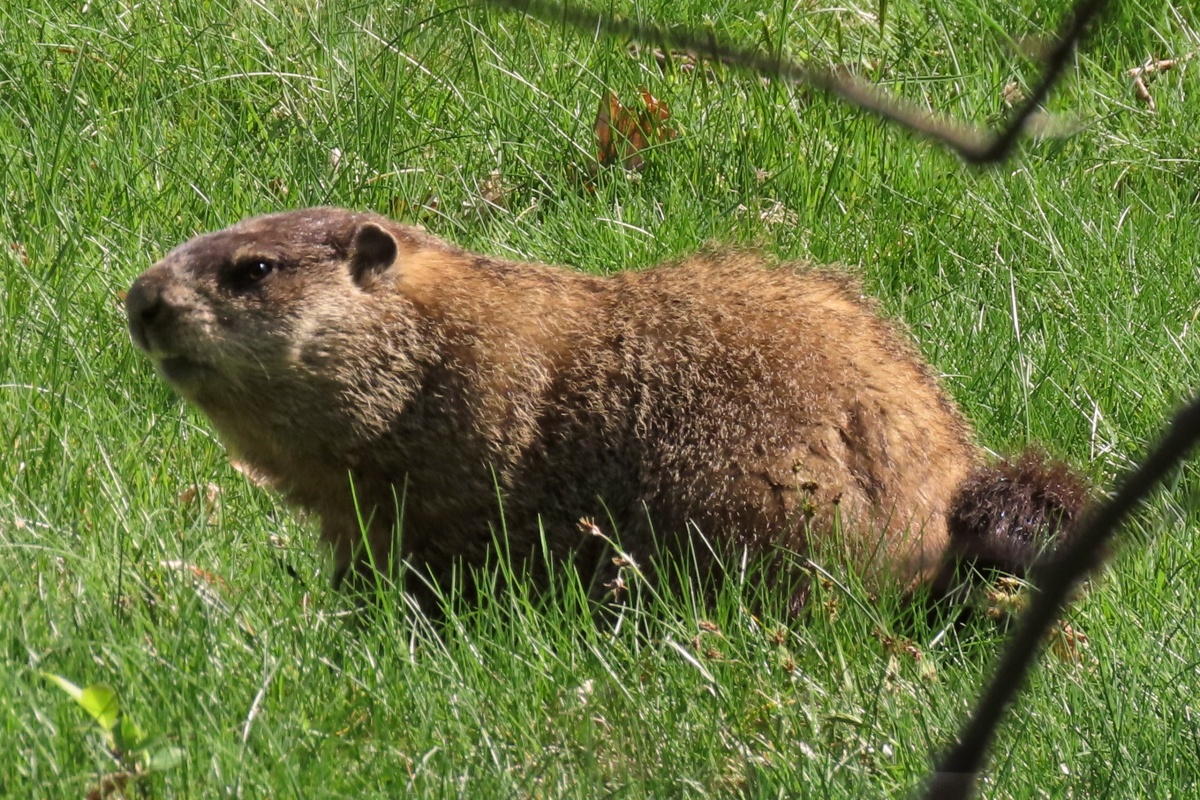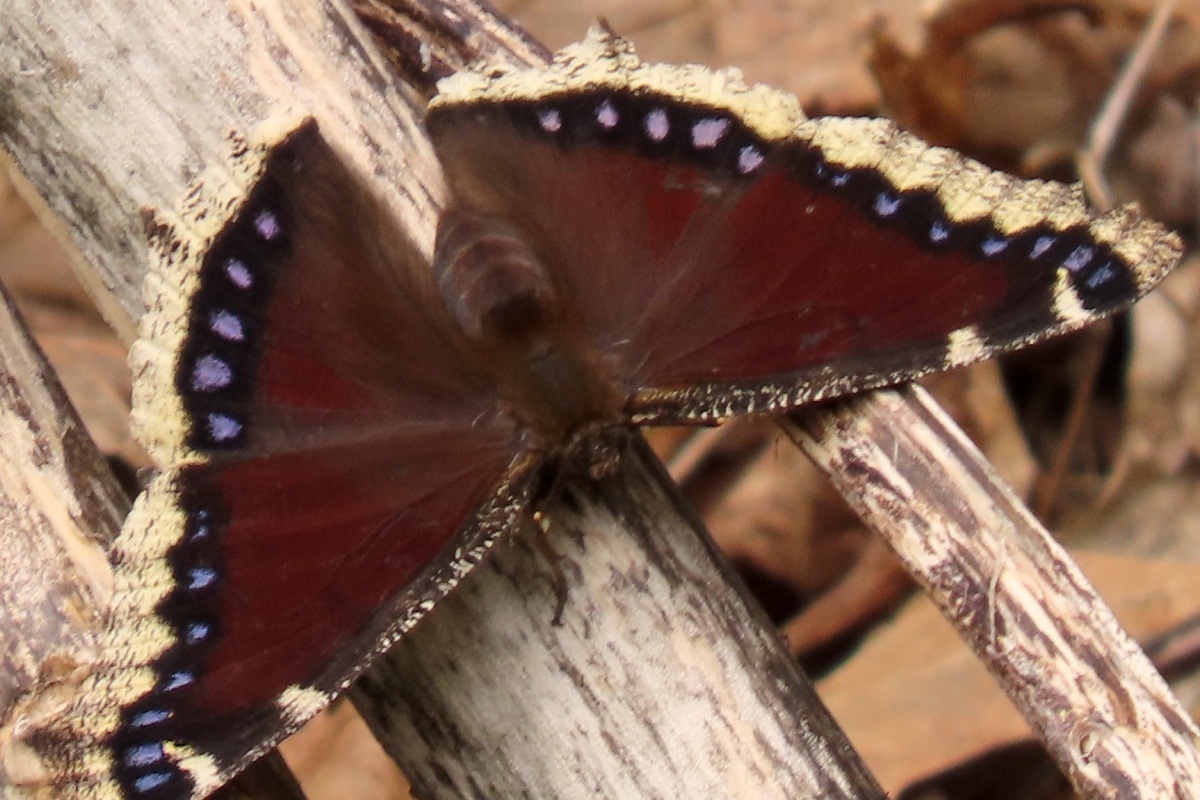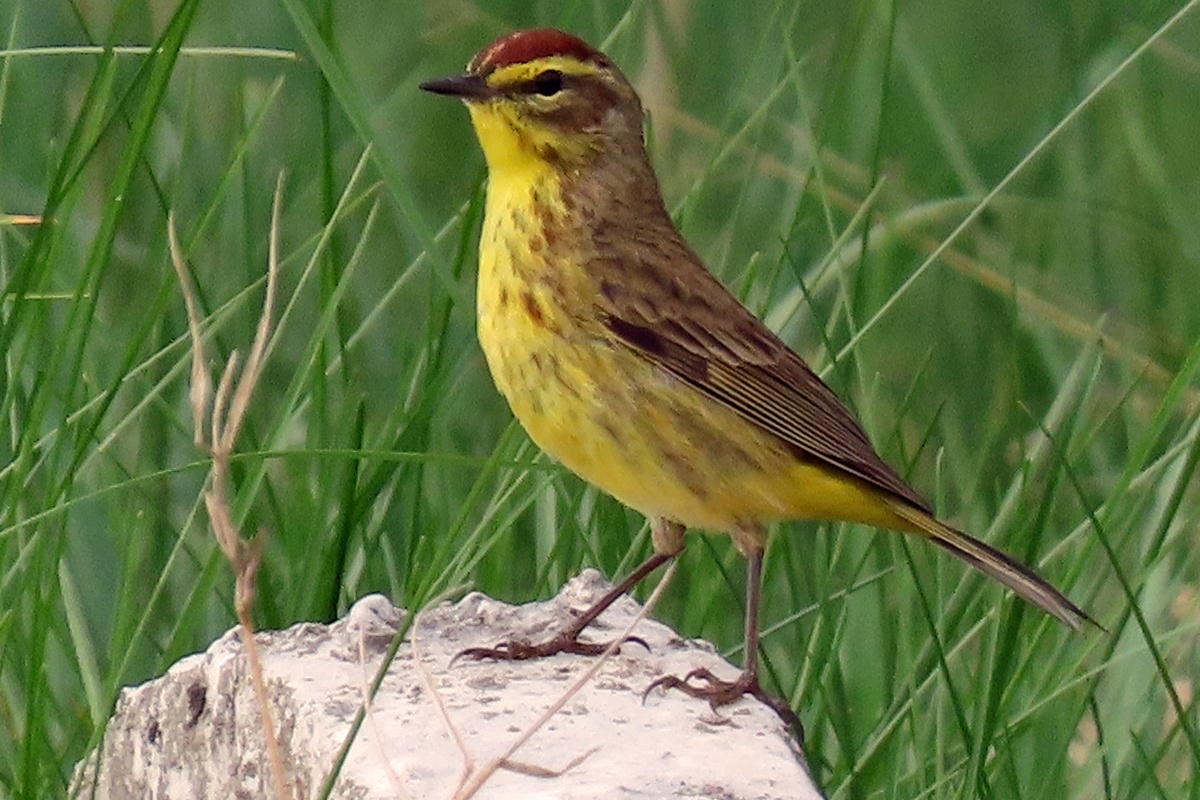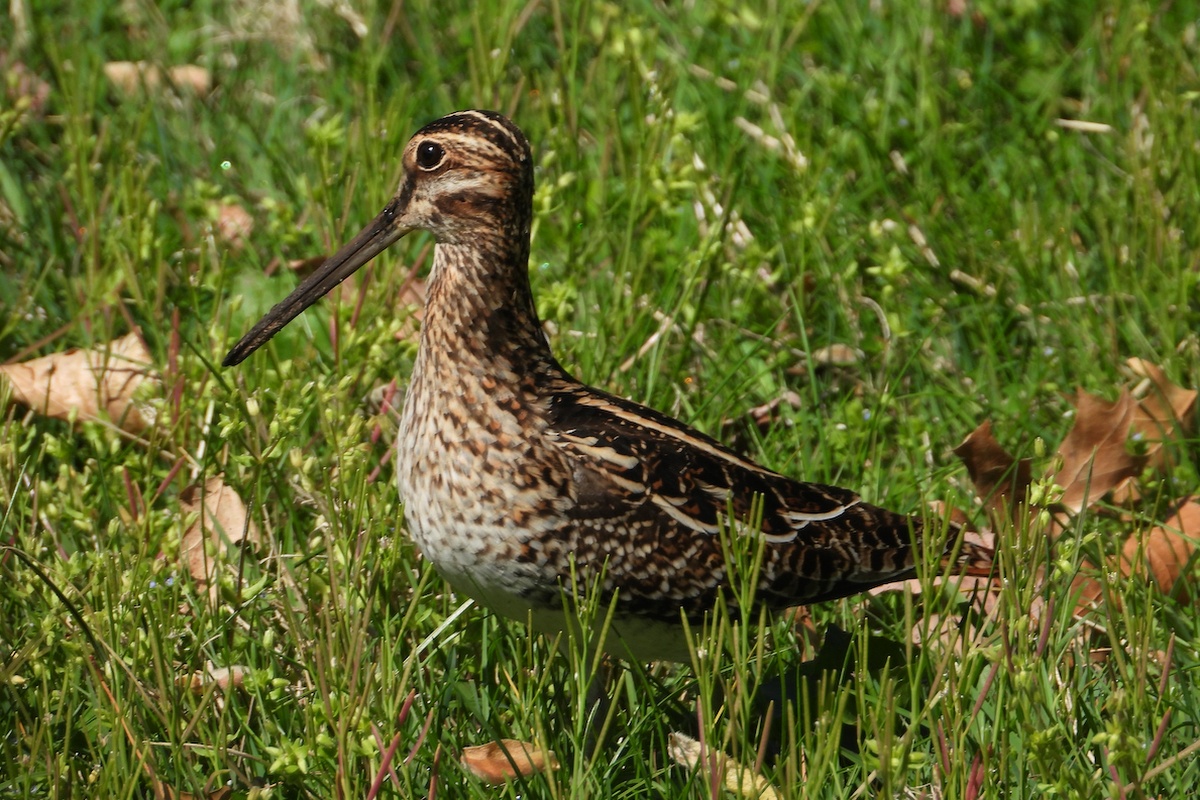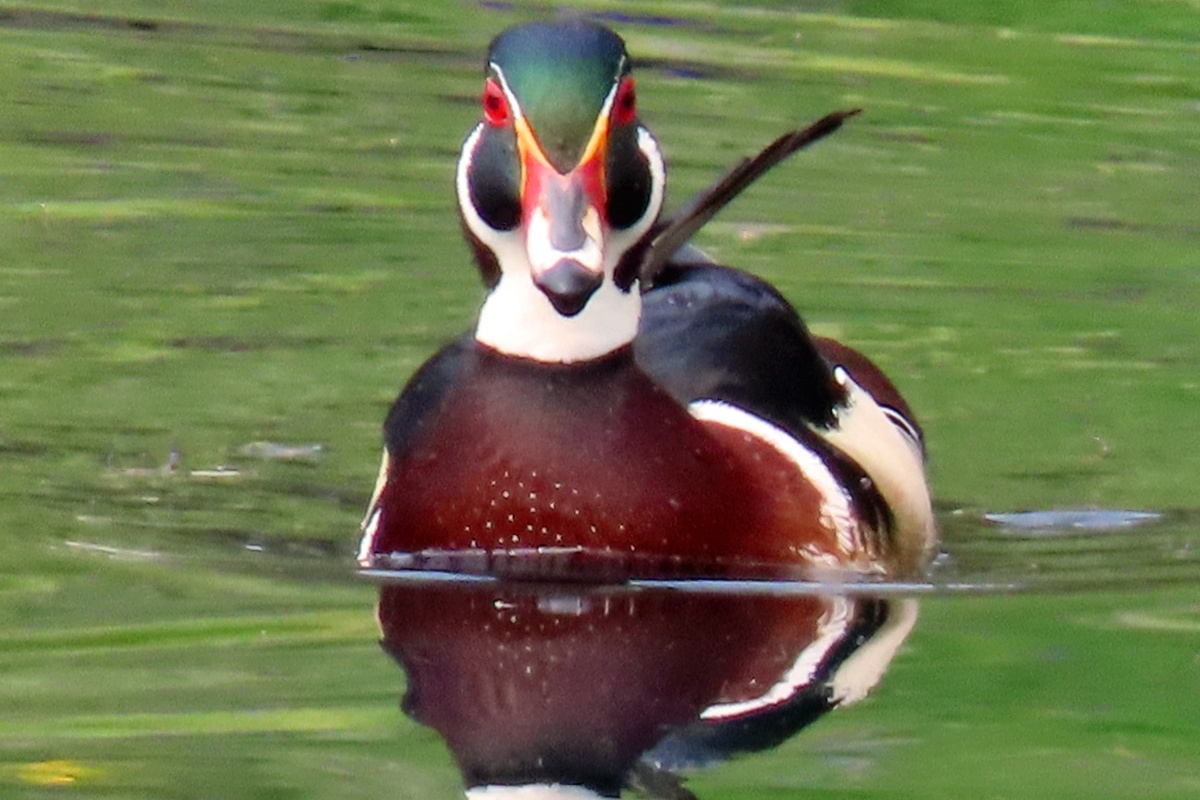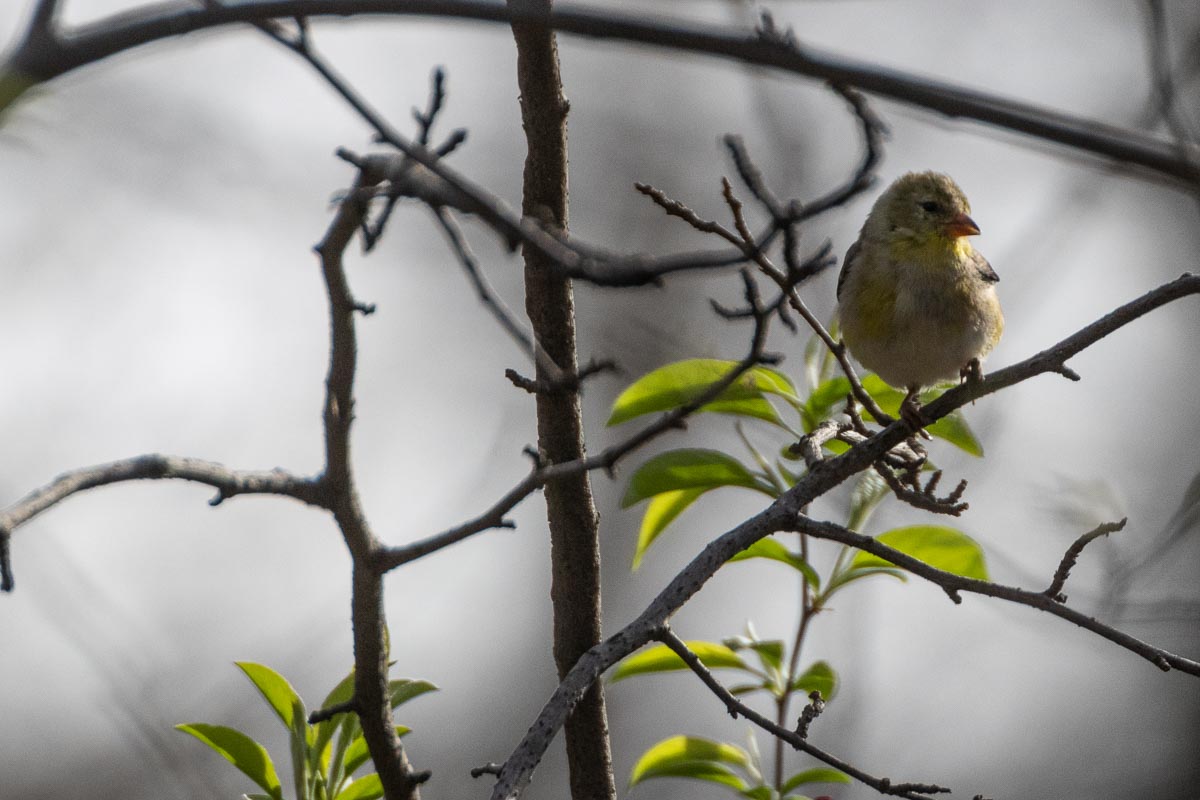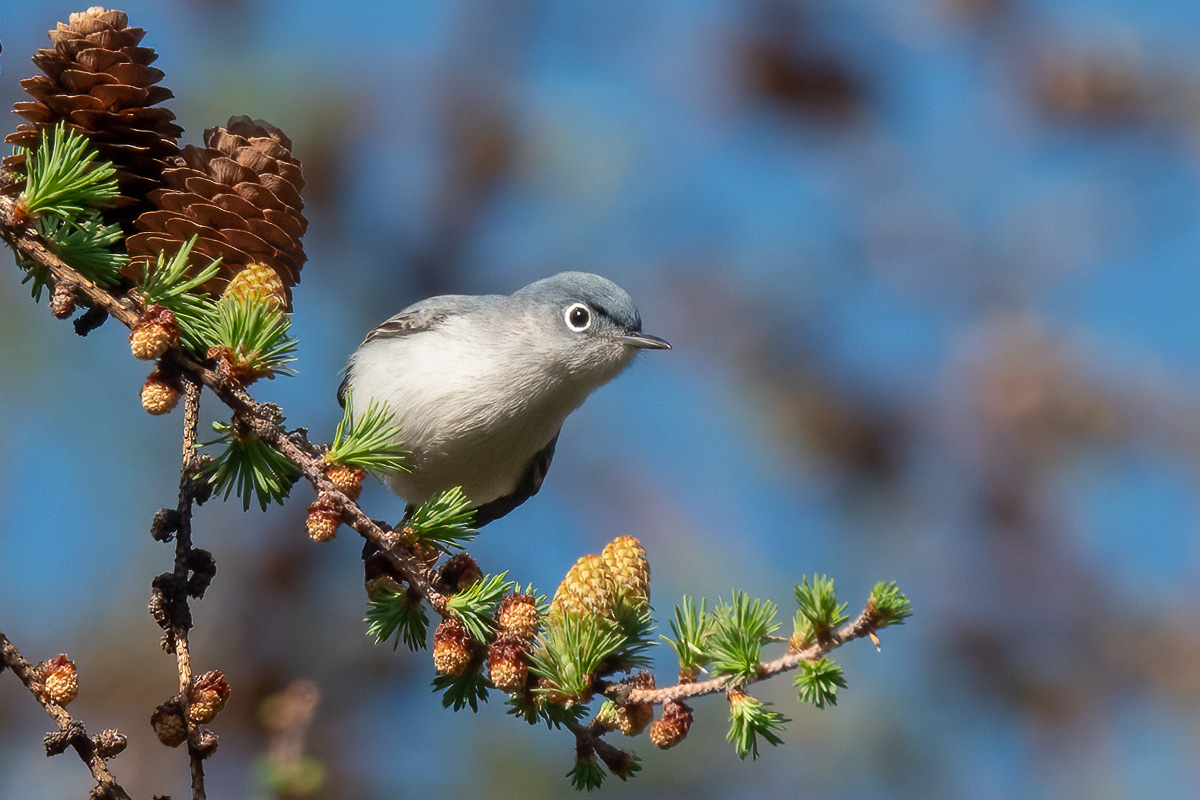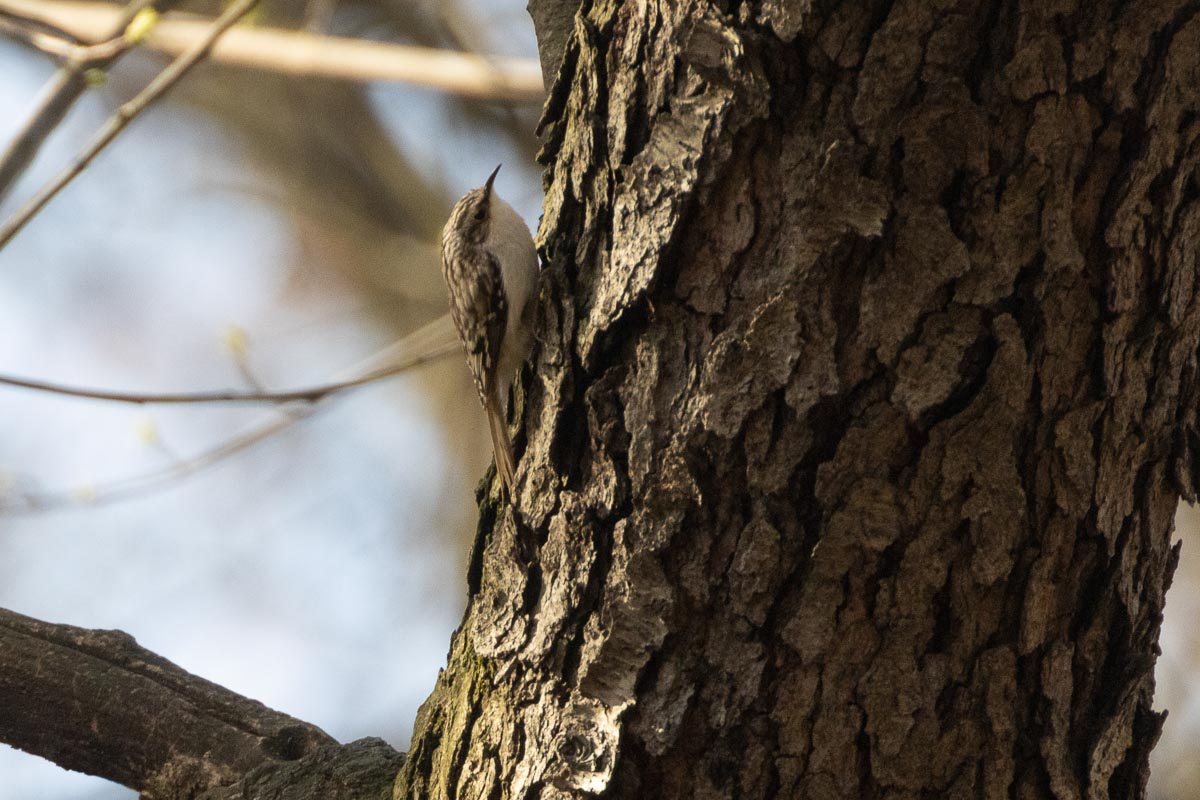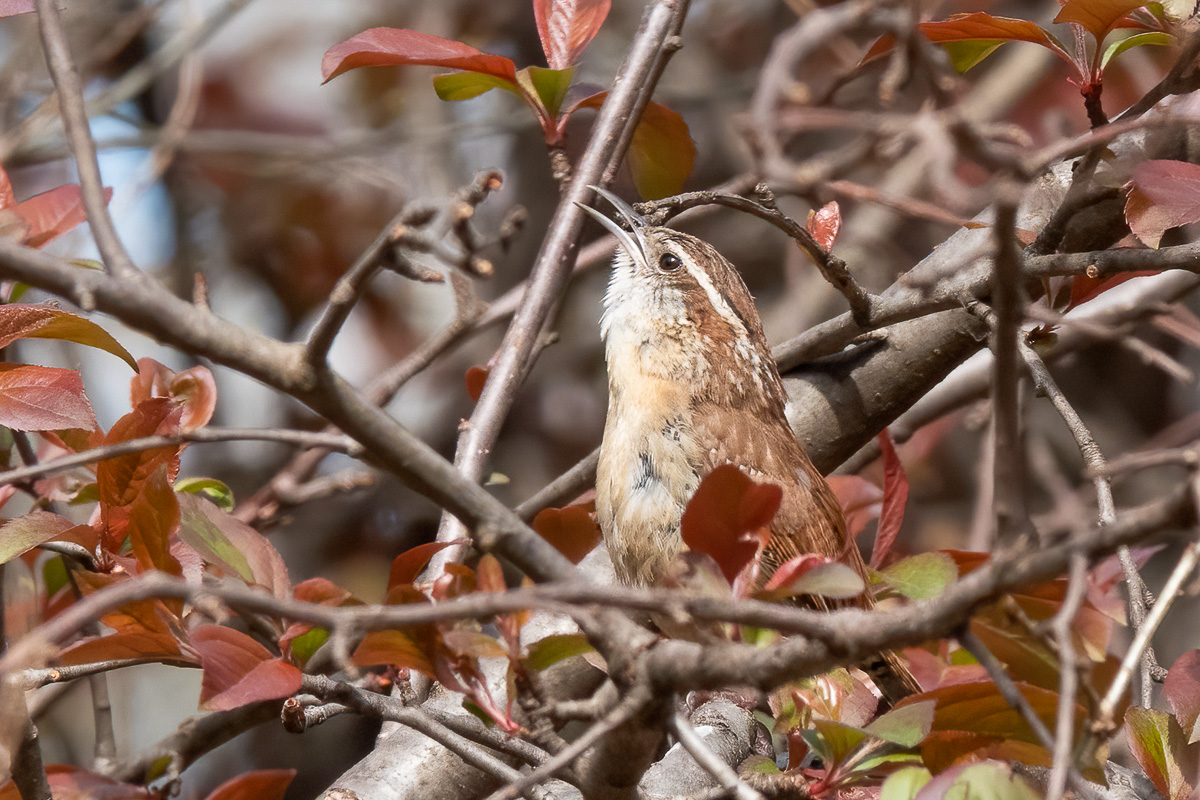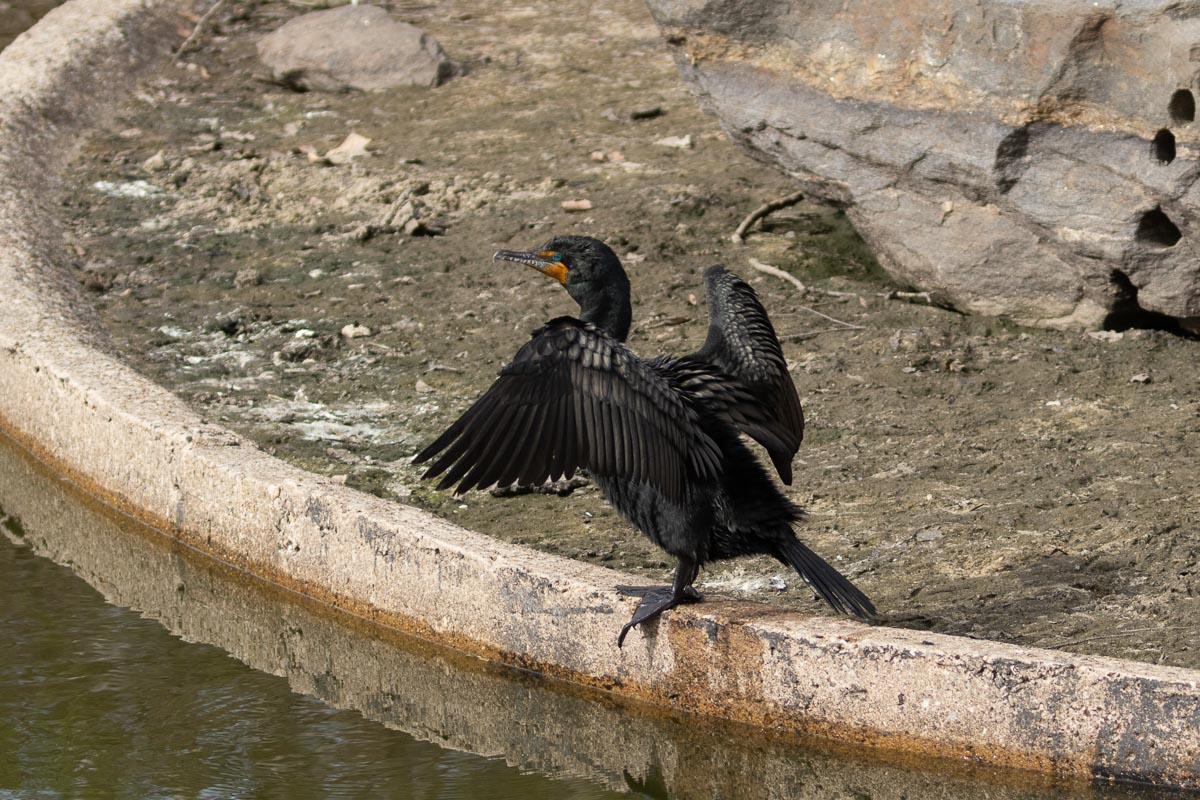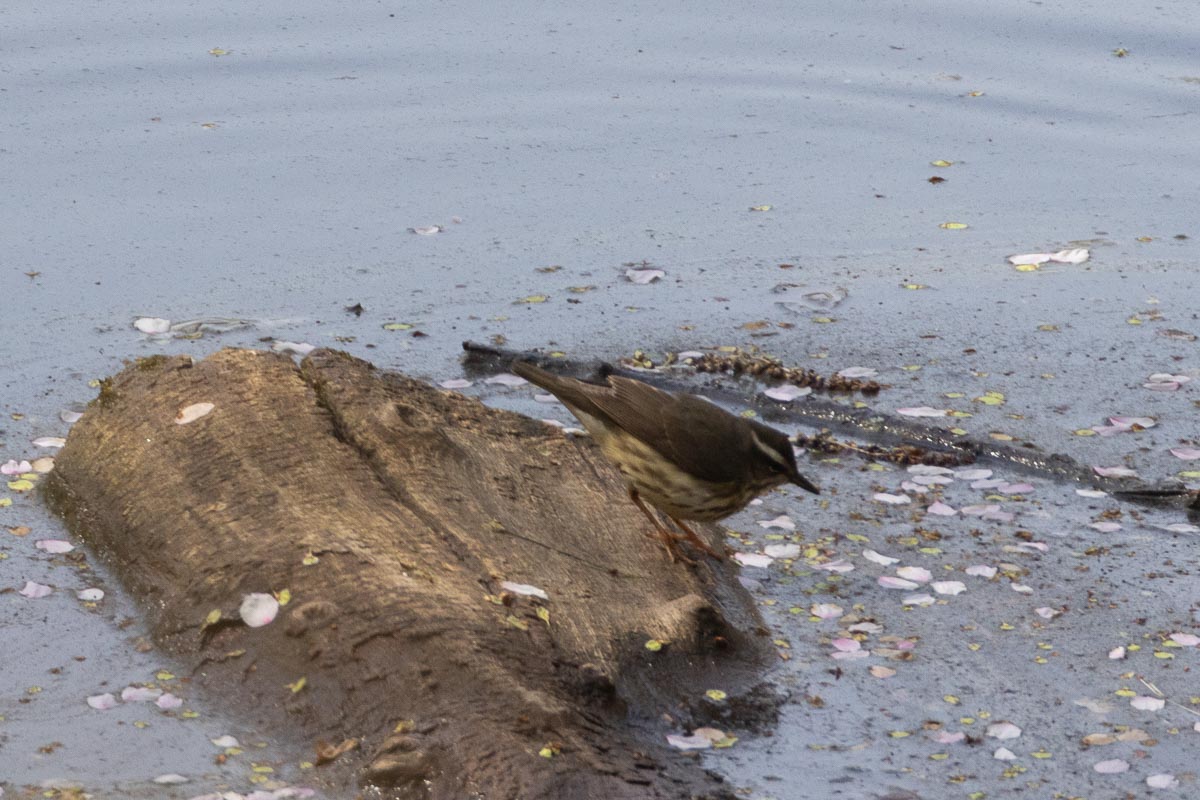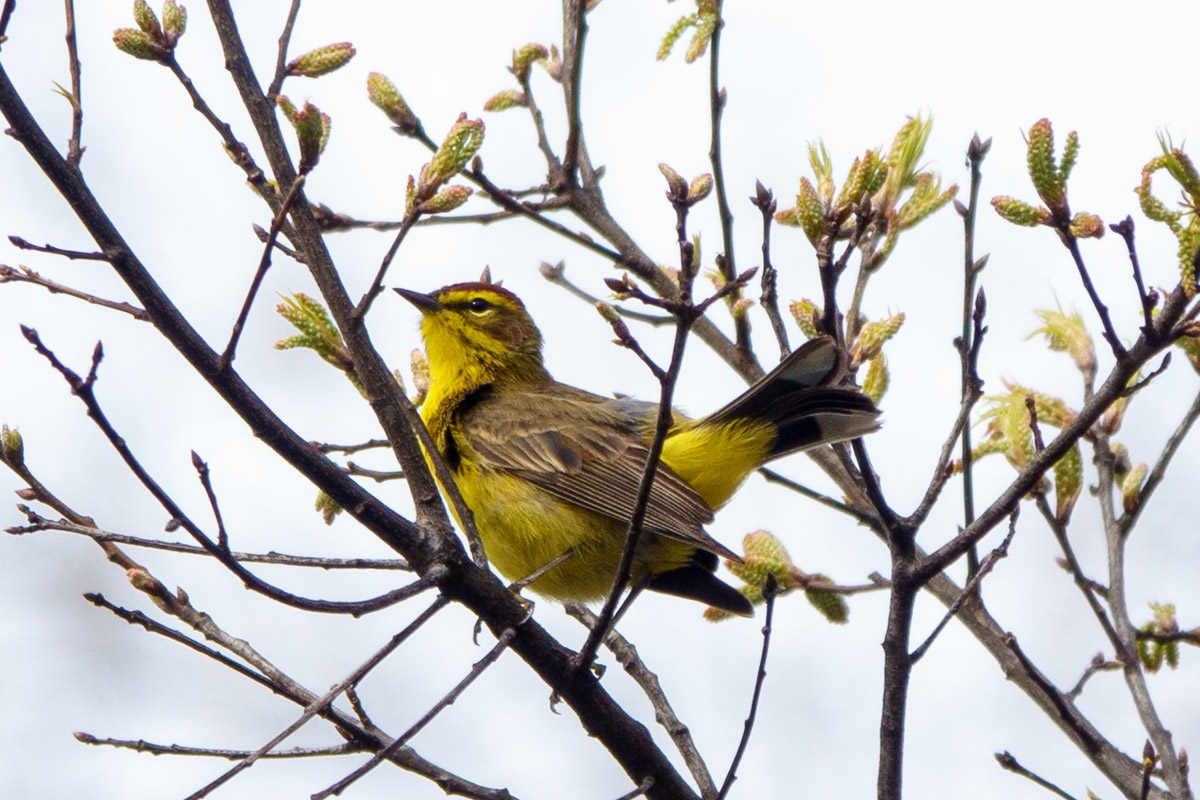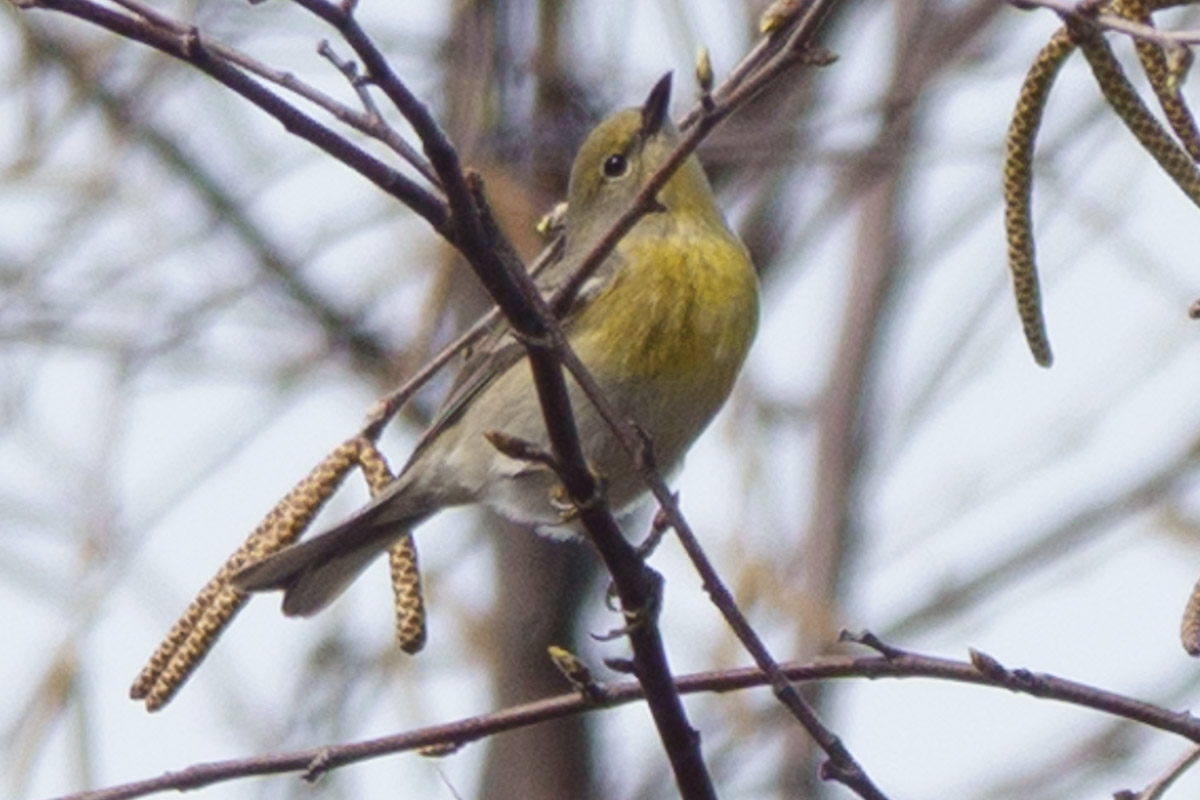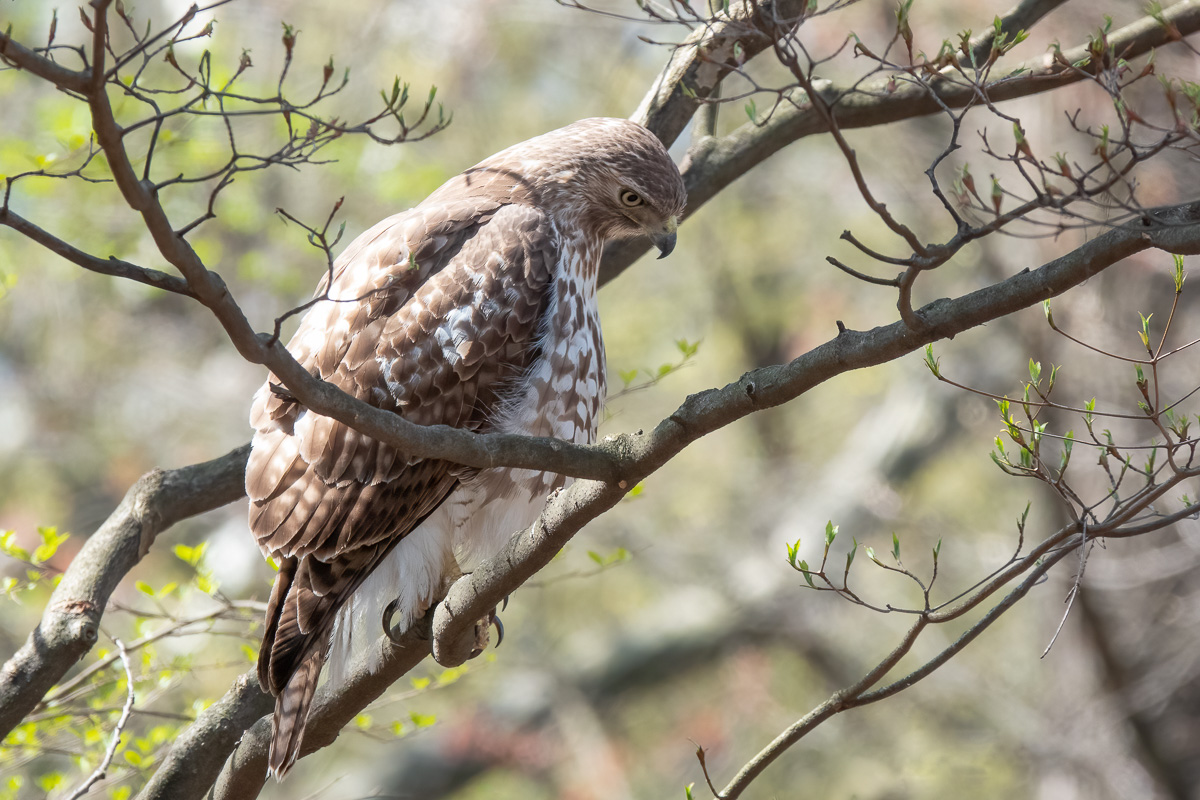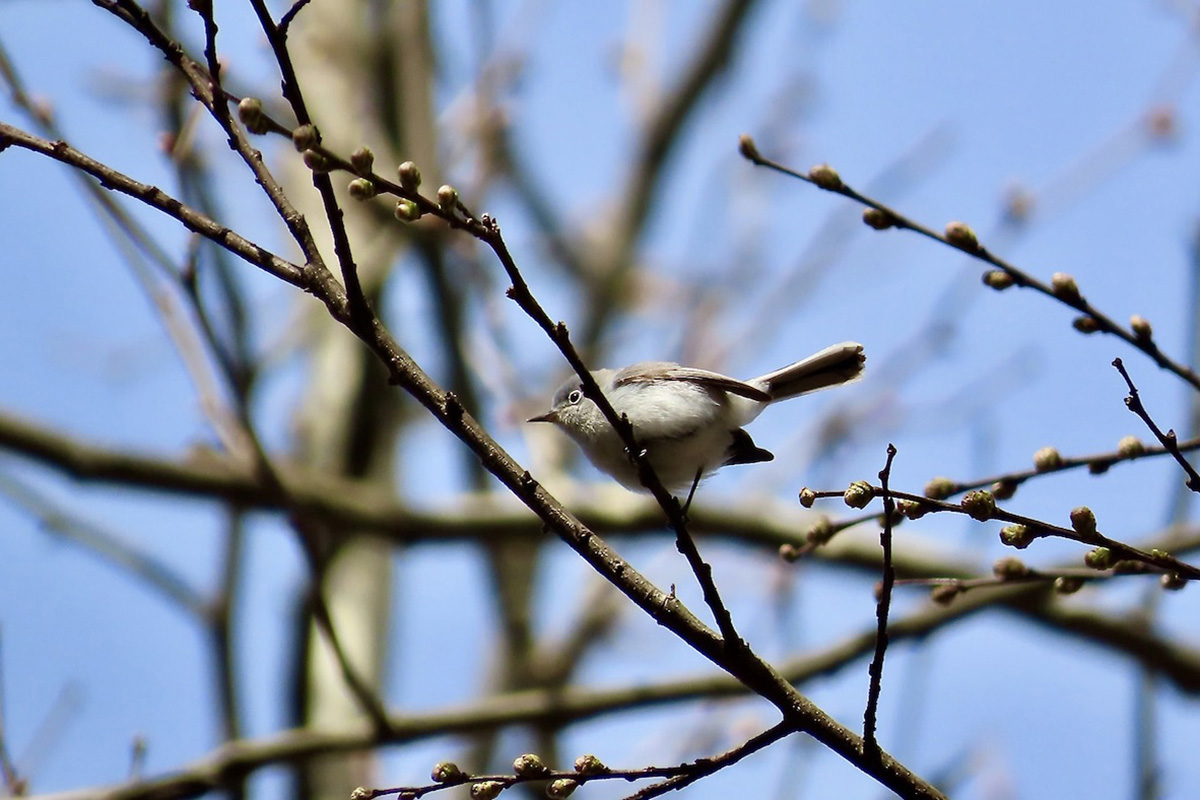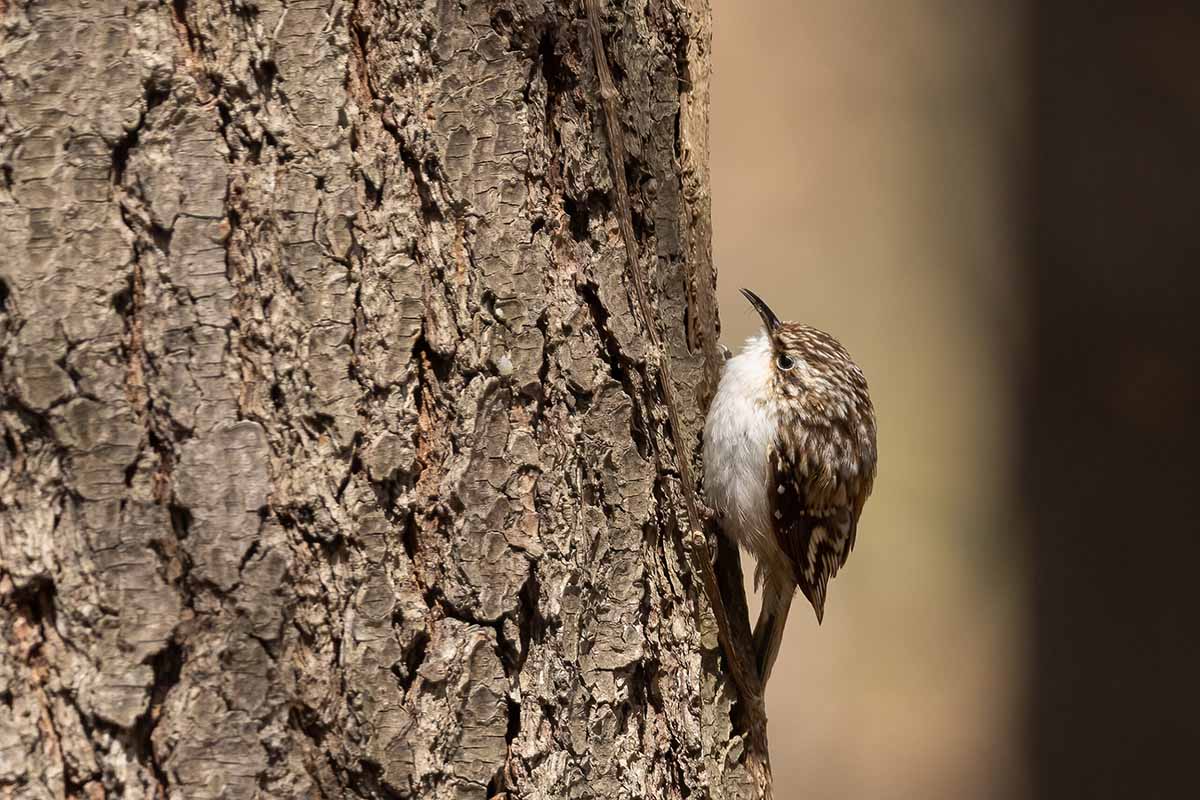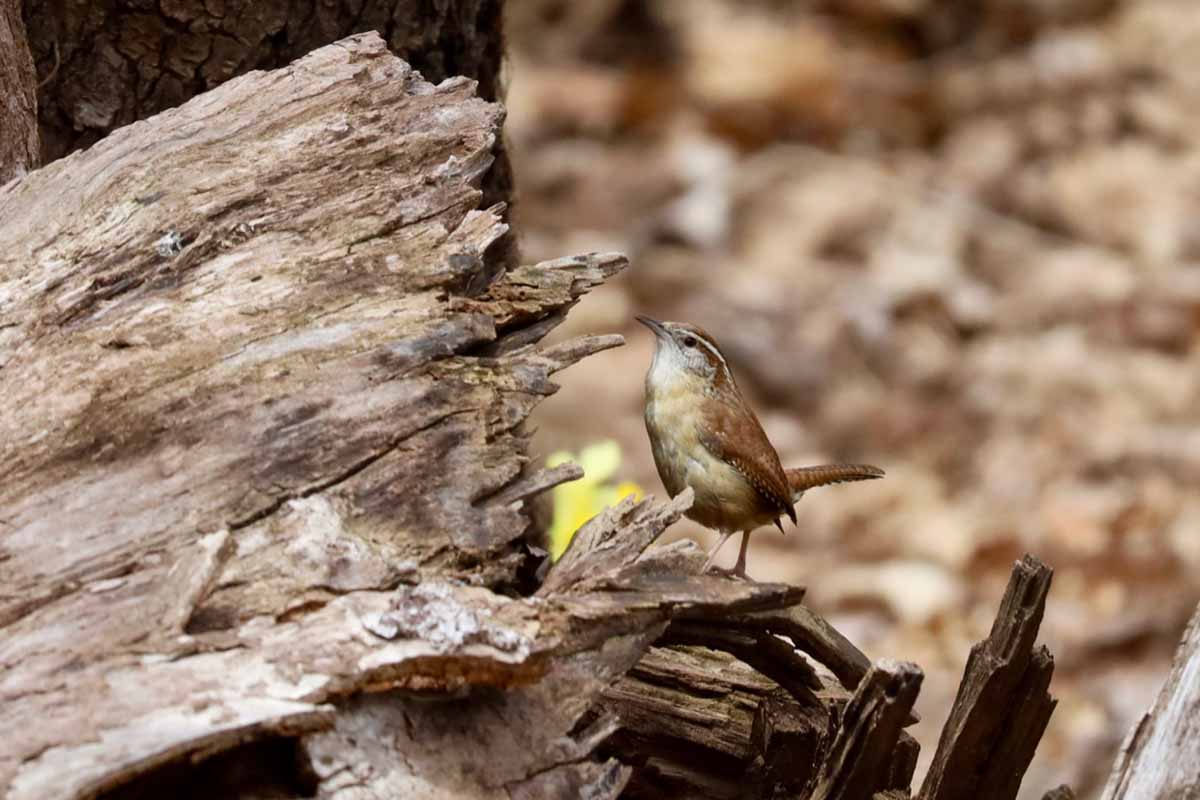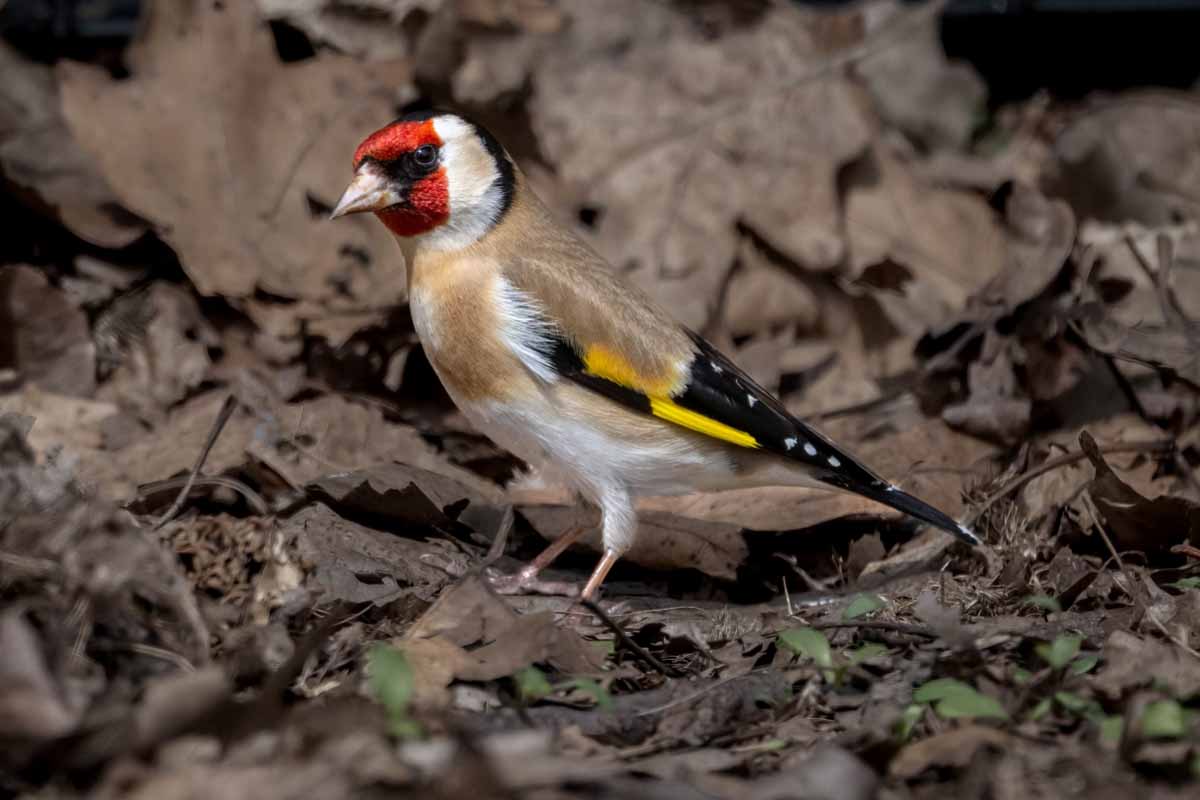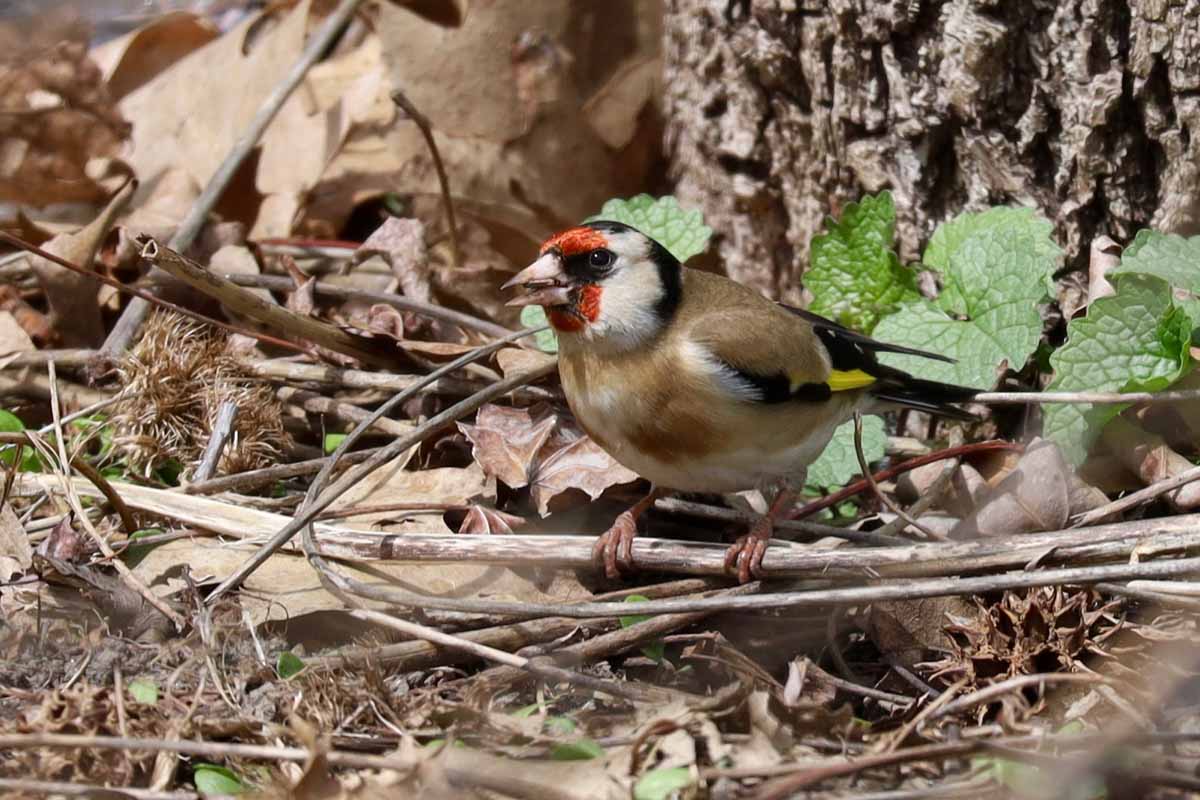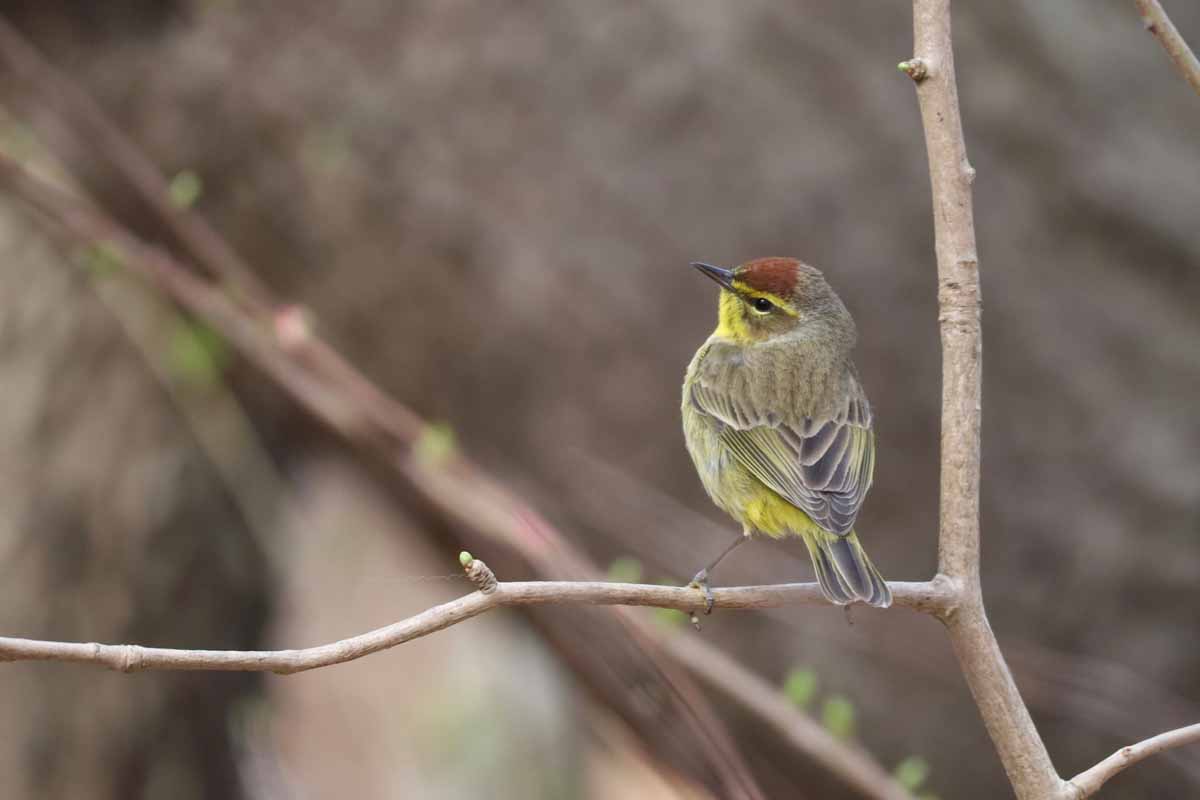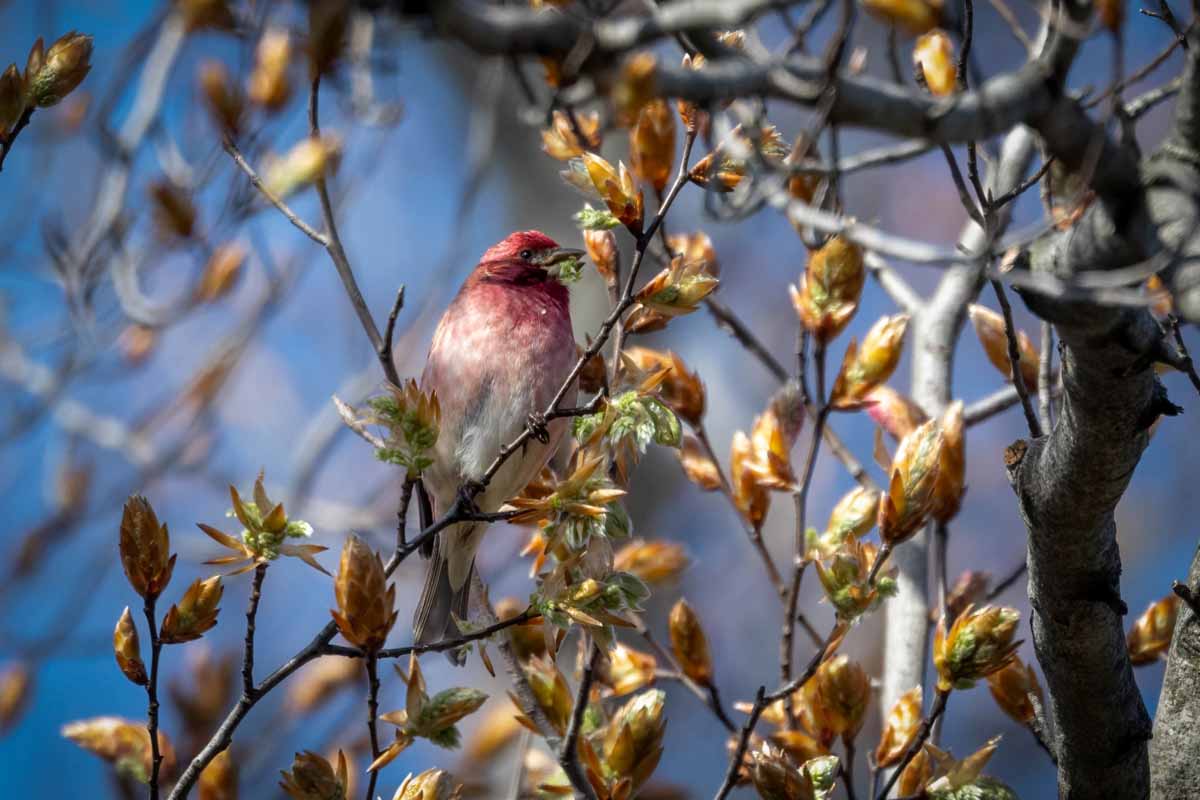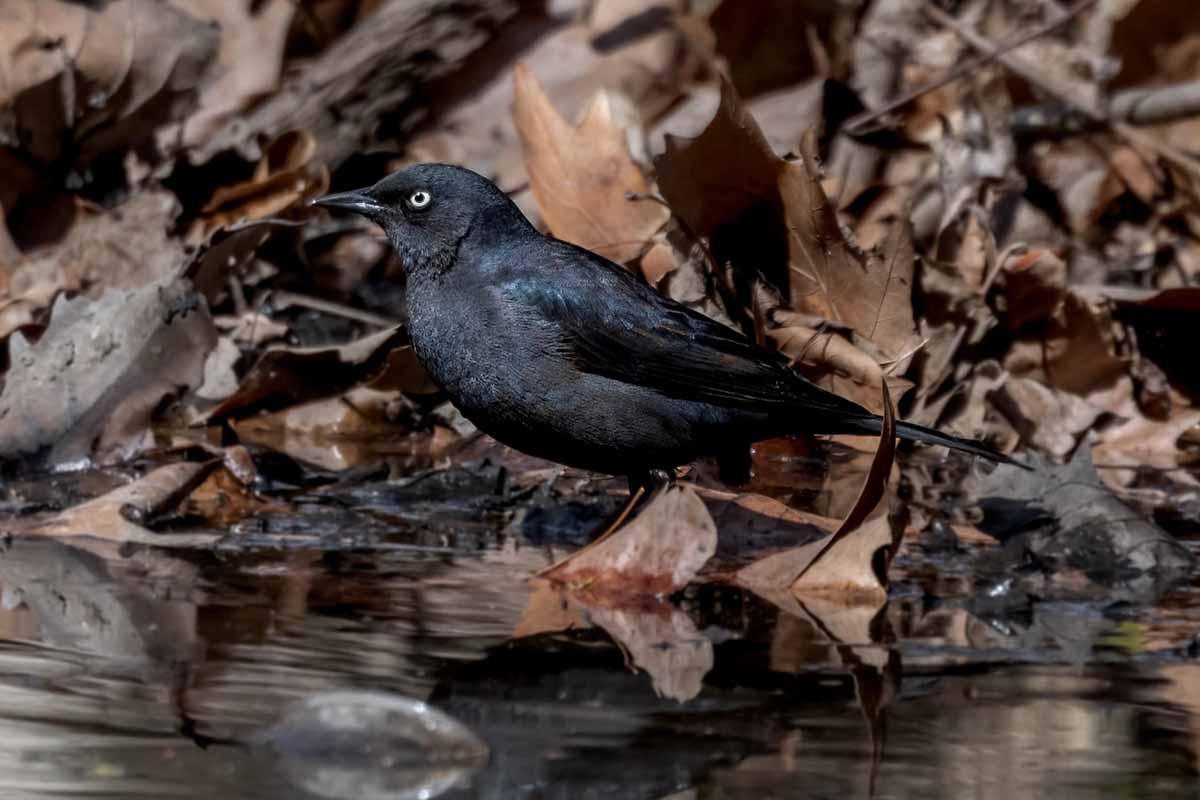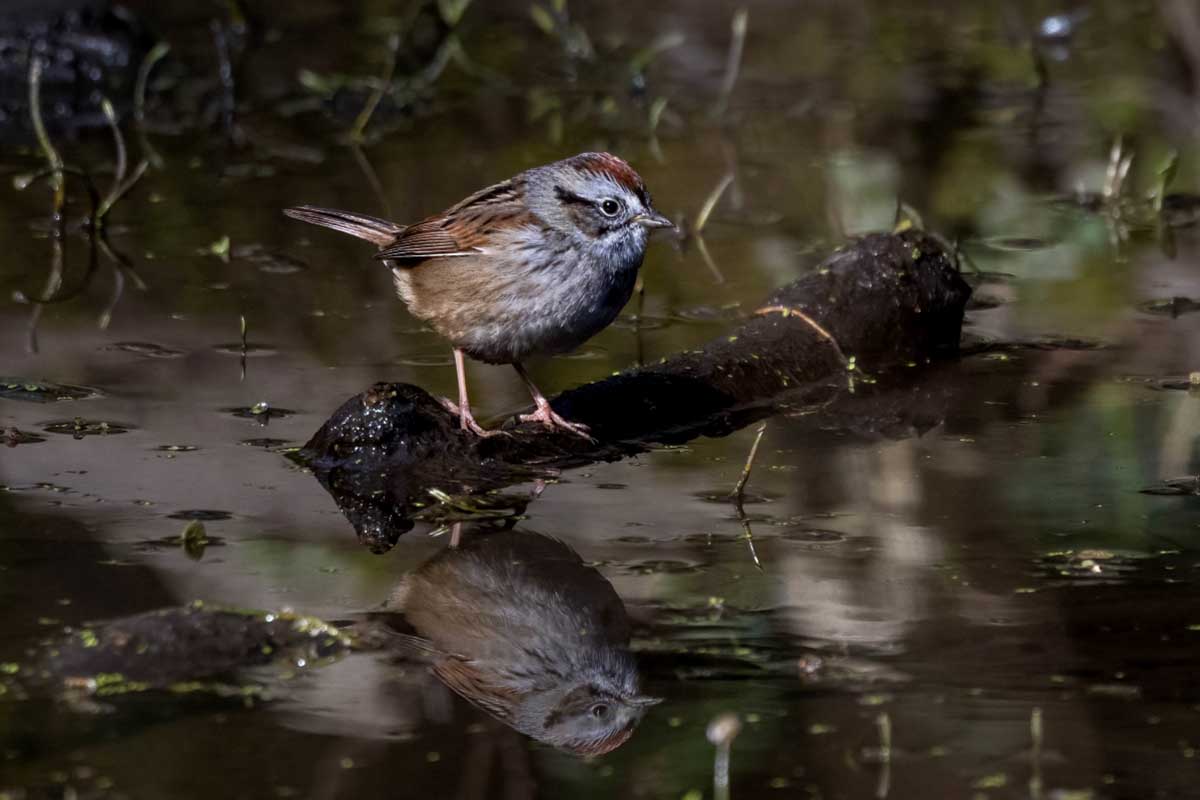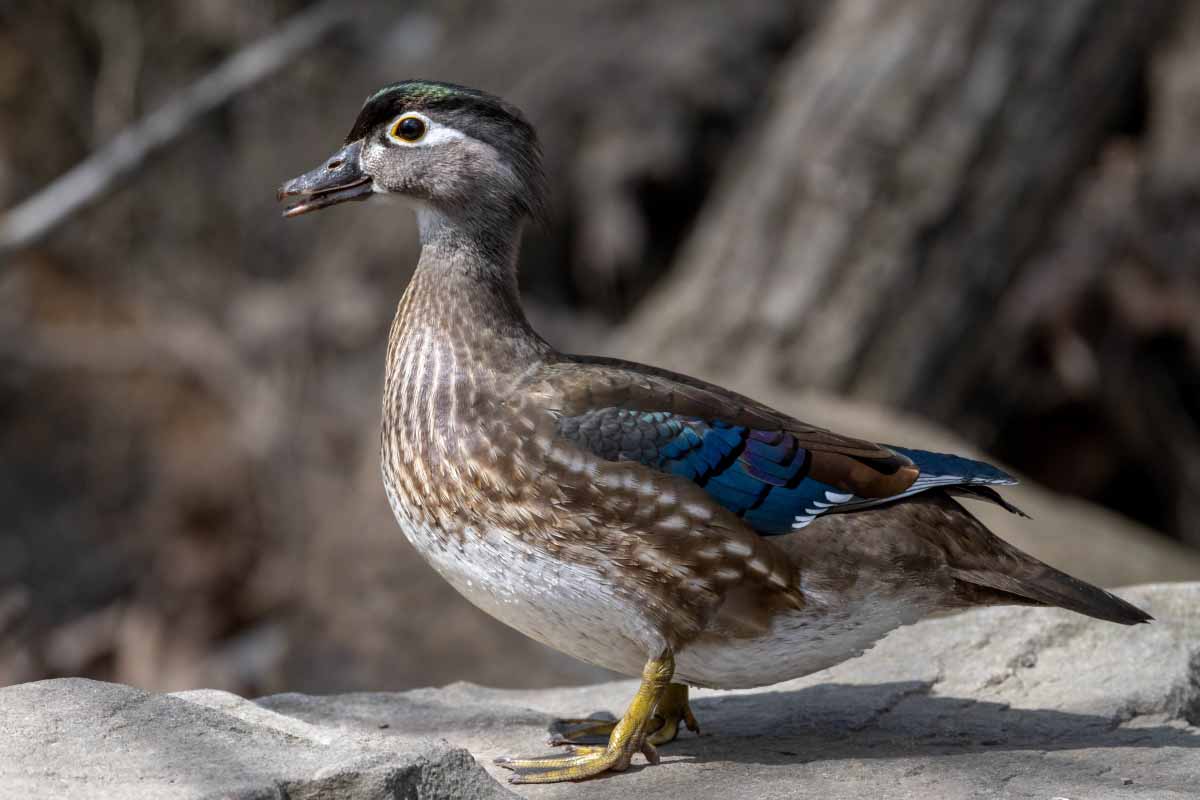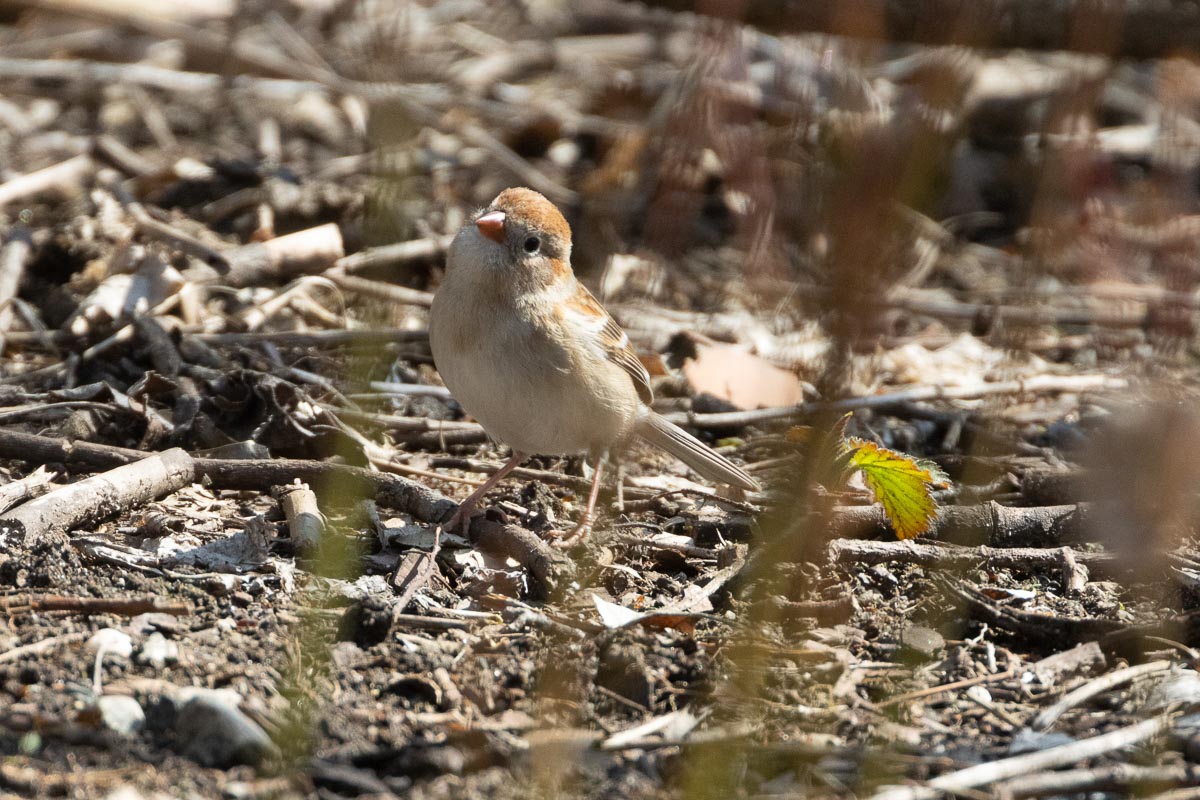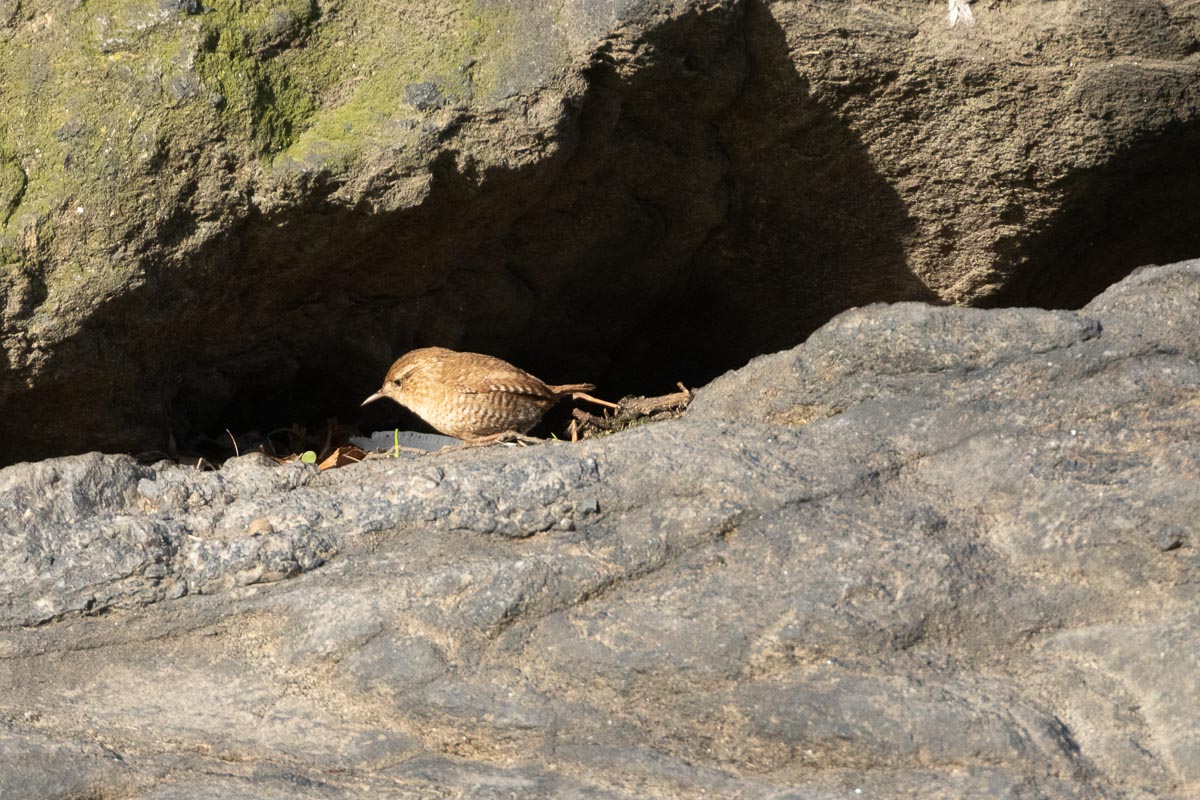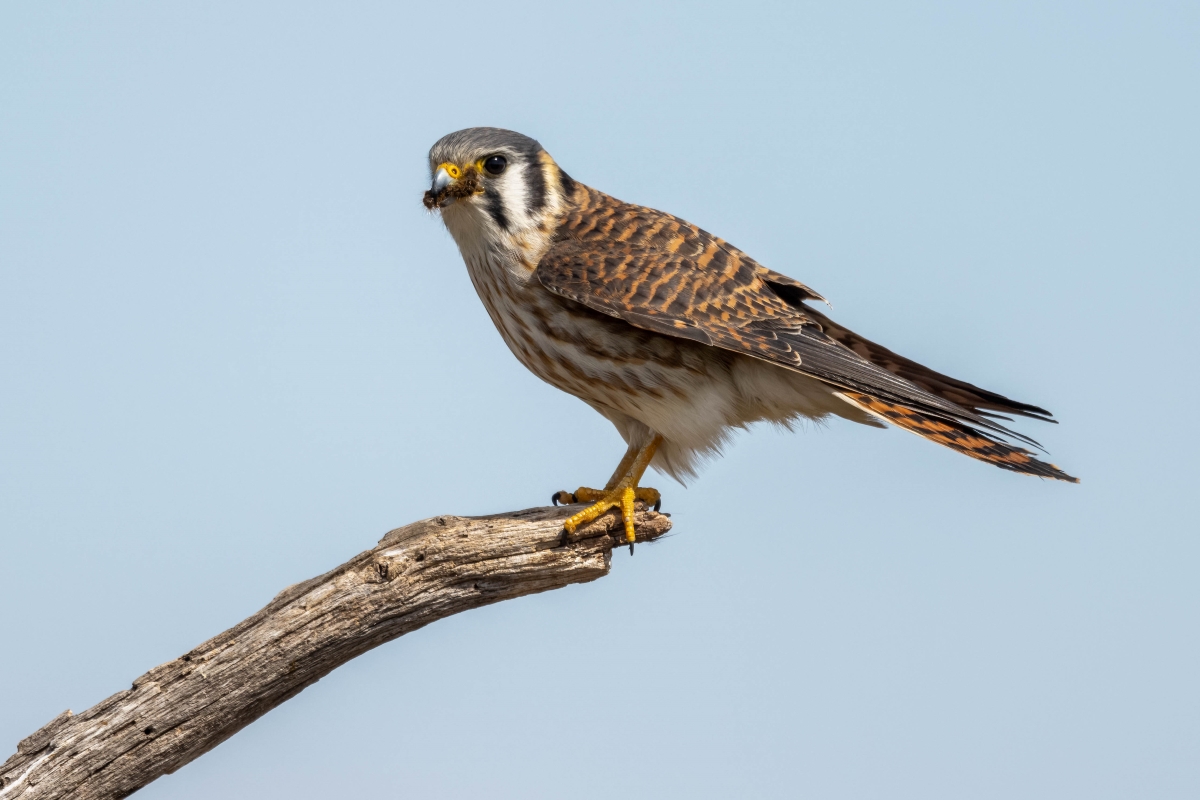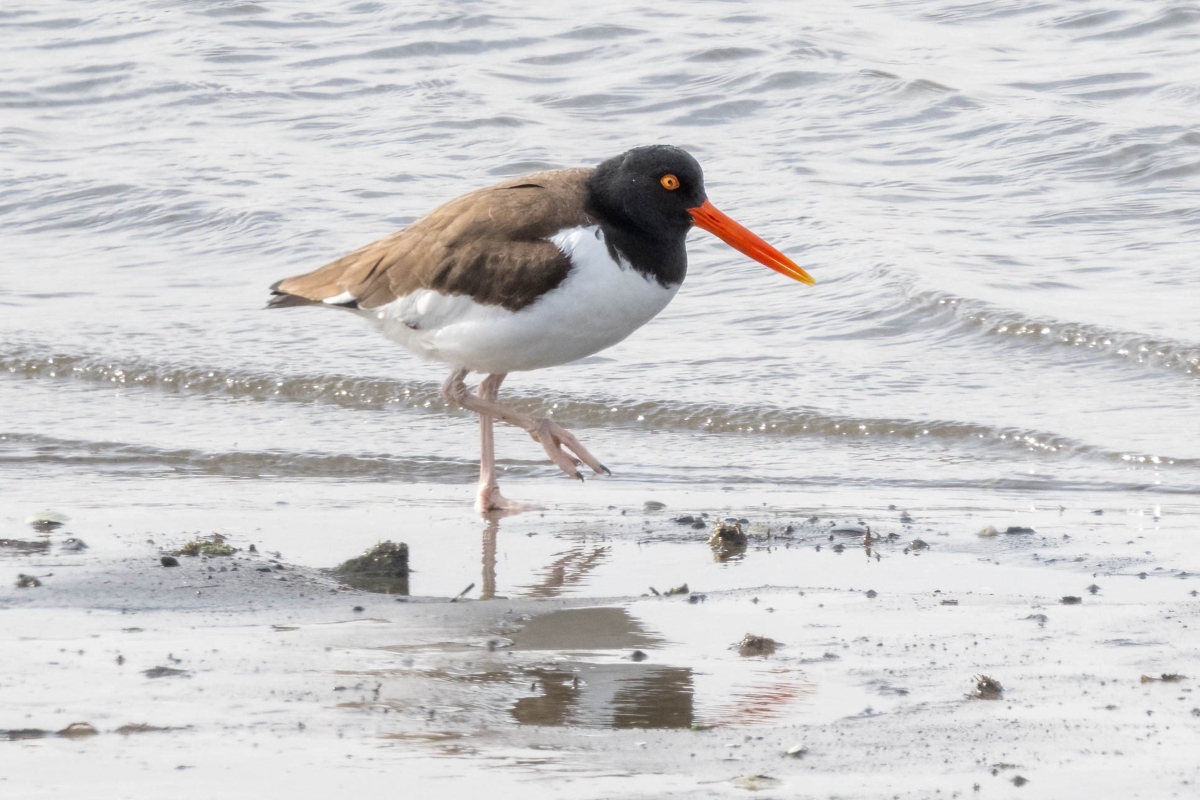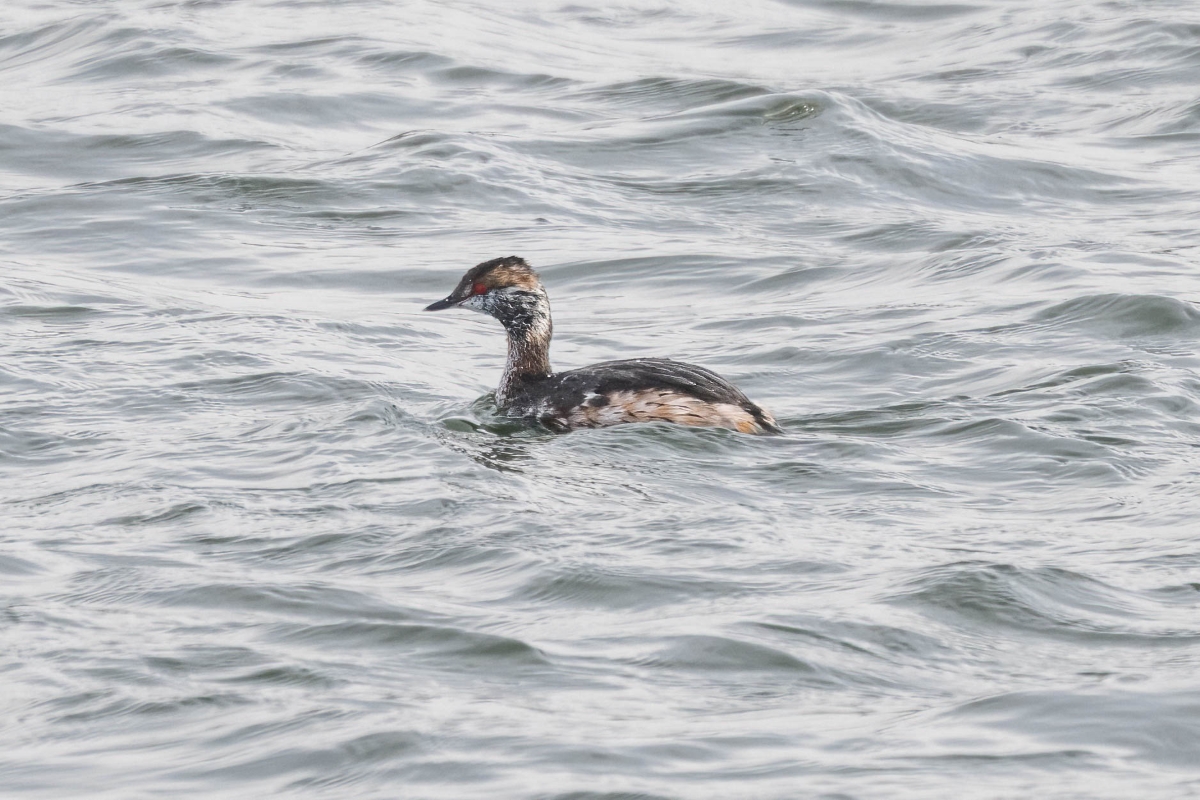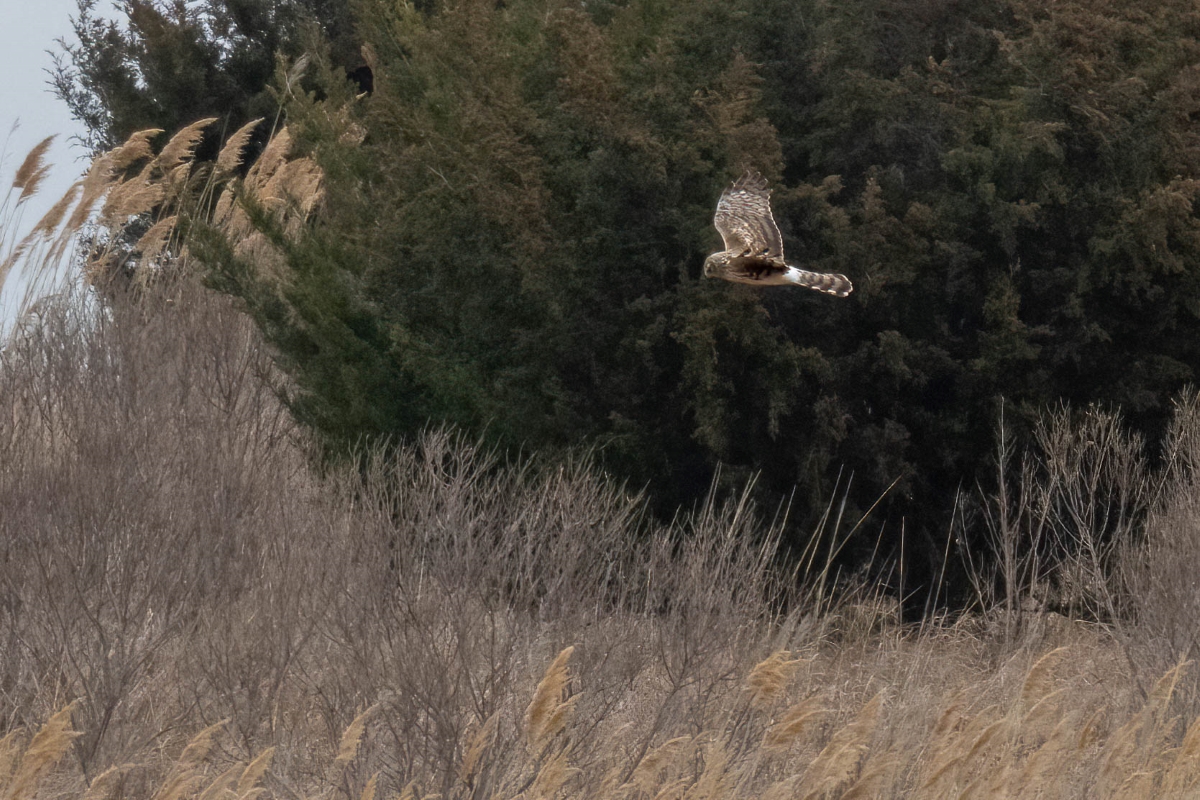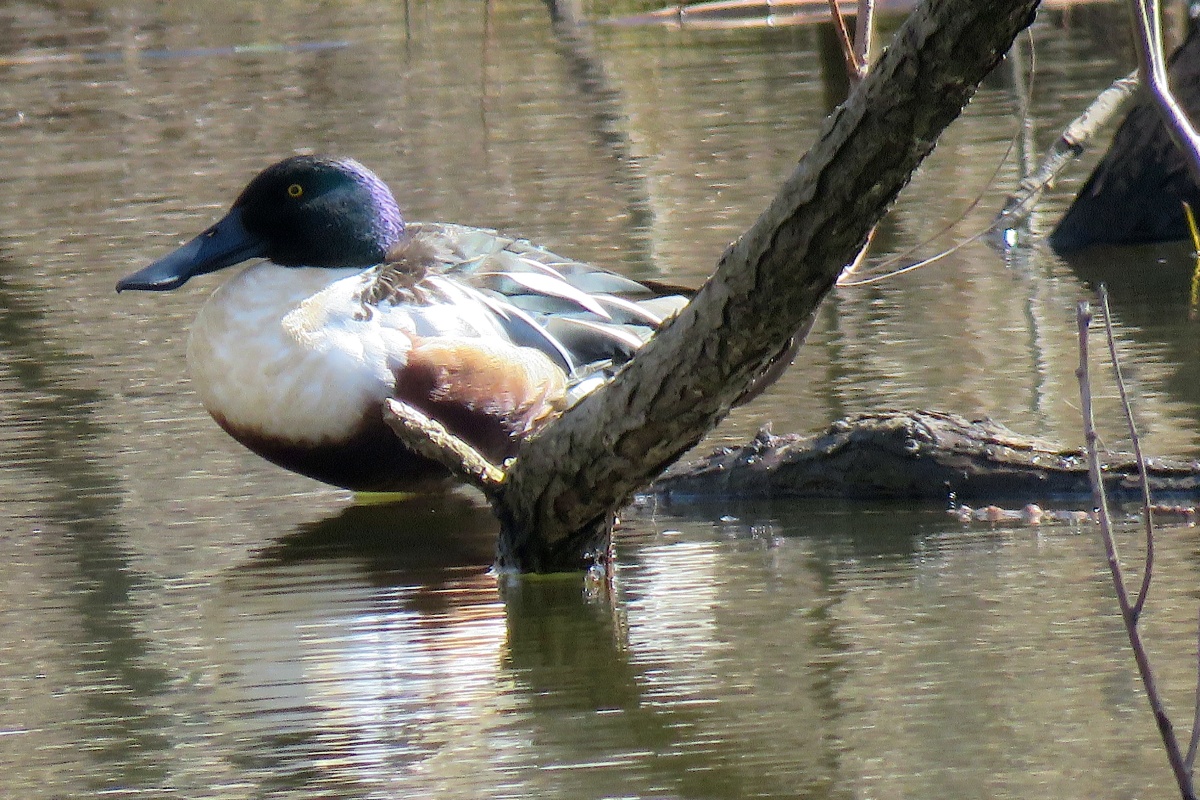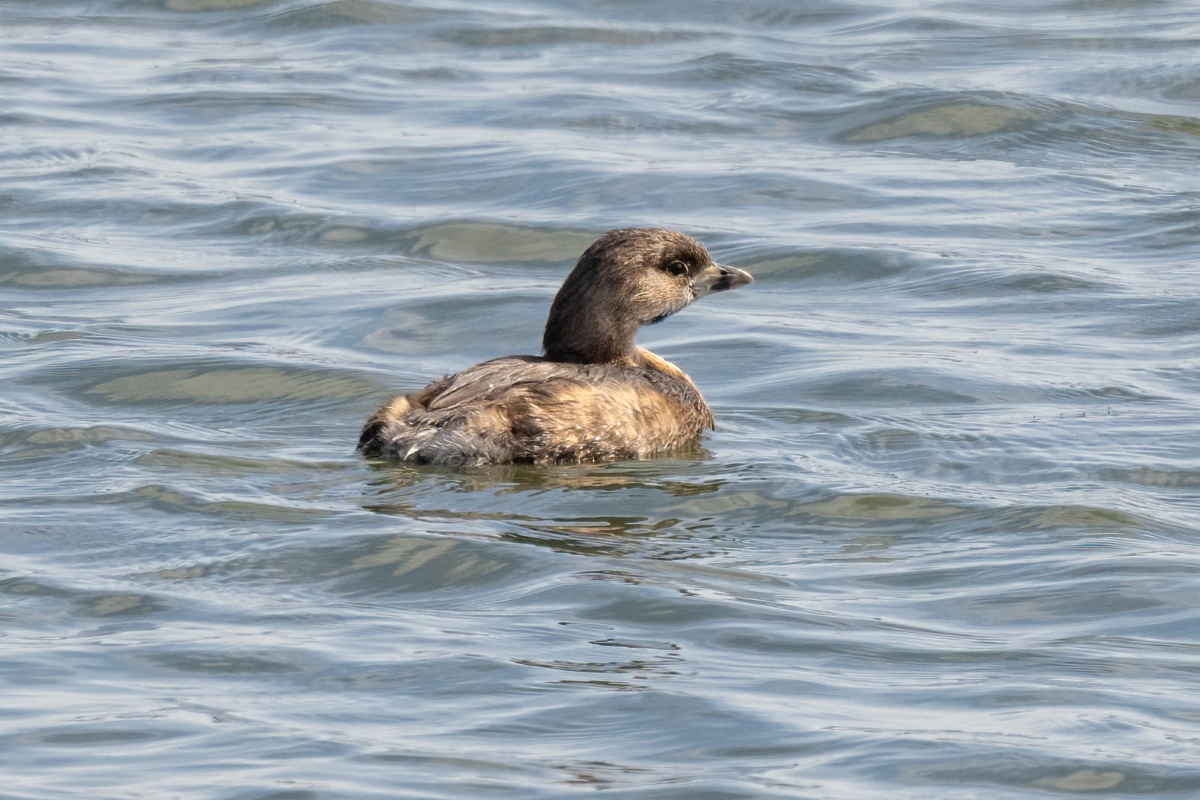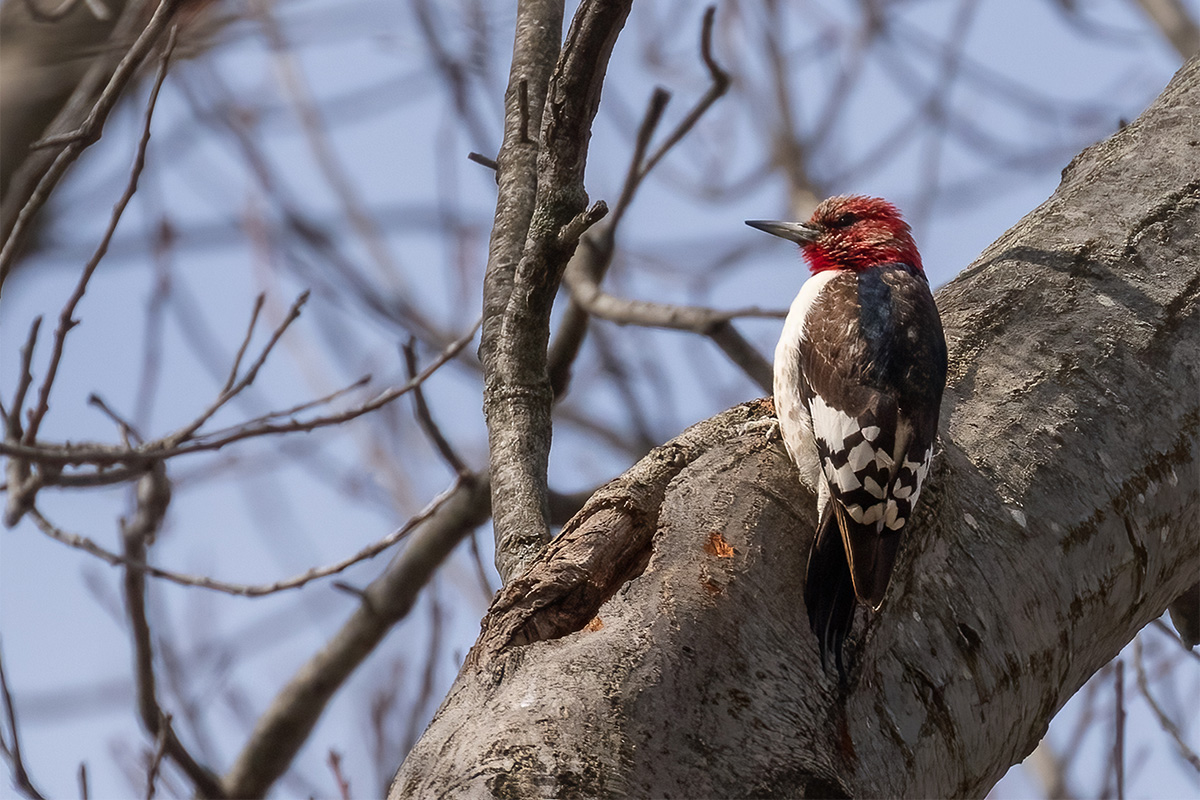April 18, 2023
Registrar: Kathleen Matthews
Leaders: Alice Deutsch, Alan Drogin, Lynne Hertzog, and Kevin Sisco
Participants: 60
Weather: Cloudy with occasional sun, 52° F
Bird Species: 55
Four groups enjoyed a cool but pleasant morning of birding by fanning out into
Strawberry Fields, then moving to Hernshead, Oak Bridge, and into the Ramble. A
smaller group made it all the way to the Reservoir and North Woods. Highlights of the
day included a Red-Shouldered Hawk, multiple Sparrow and Warbler species, and both a
Great Horned and the well-documented Eurasian Eagle-Owl, nicknamed “Flaco”. Those
who made it to the Loch were rewarded with a lovely look at a Painted Bunting.
Species
Birds:
Canada Goose
Wood Duck
Northern Shoveler
Gadwall
Mallard
Bufflehead
Rock Pigeon (Feral Pigeon)
Mourning Dove
Ring-billed Gull
Herring Gull
Great Black-backed Gull
Double-crested Cormorant
Great Egret
Turkey Vulture
Osprey
Red-shouldered Hawk
Red-tailed Hawk
Great Horned Owl
Eurasian Eagle-Owl
Yellow-bellied Sapsucker
Red-bellied Woodpecker
Downy Woodpecker
Hairy Woodpecker
Northern Flicker
Blue Jay
American Crow
Black-capped Chickadee
Tufted Titmouse
Ruby-crowned Kinglet
Golden-crowned Kinglet
White-breasted Nuthatch
Blue-gray Gnatcatcher
Carolina Wren
European Starling
Northern Mockingbird
Hermit Thrush
American Robin
House Sparrow
House Finch
American Goldfinch
Chipping Sparrow
Dark-eyed Junco
White-throated Sparrow
Song Sparrow
Swamp Sparrow
Eastern Towhee
Red-winged Blackbird
Brown-headed Cowbird
Common Grackle
Northern Waterthrush
Palm Warbler
Pine Warbler
Yellow-rumped Warbler
Northern Cardinal
Painted Bunting


